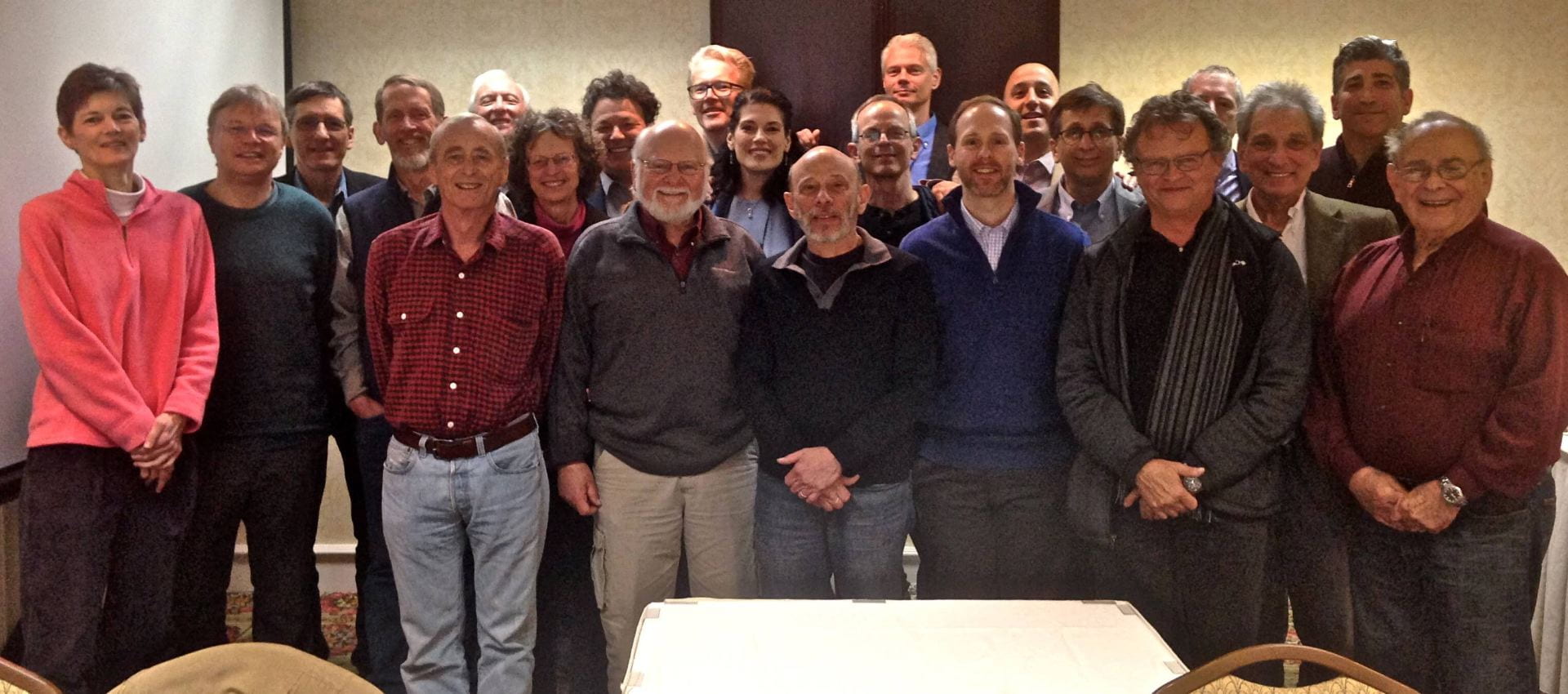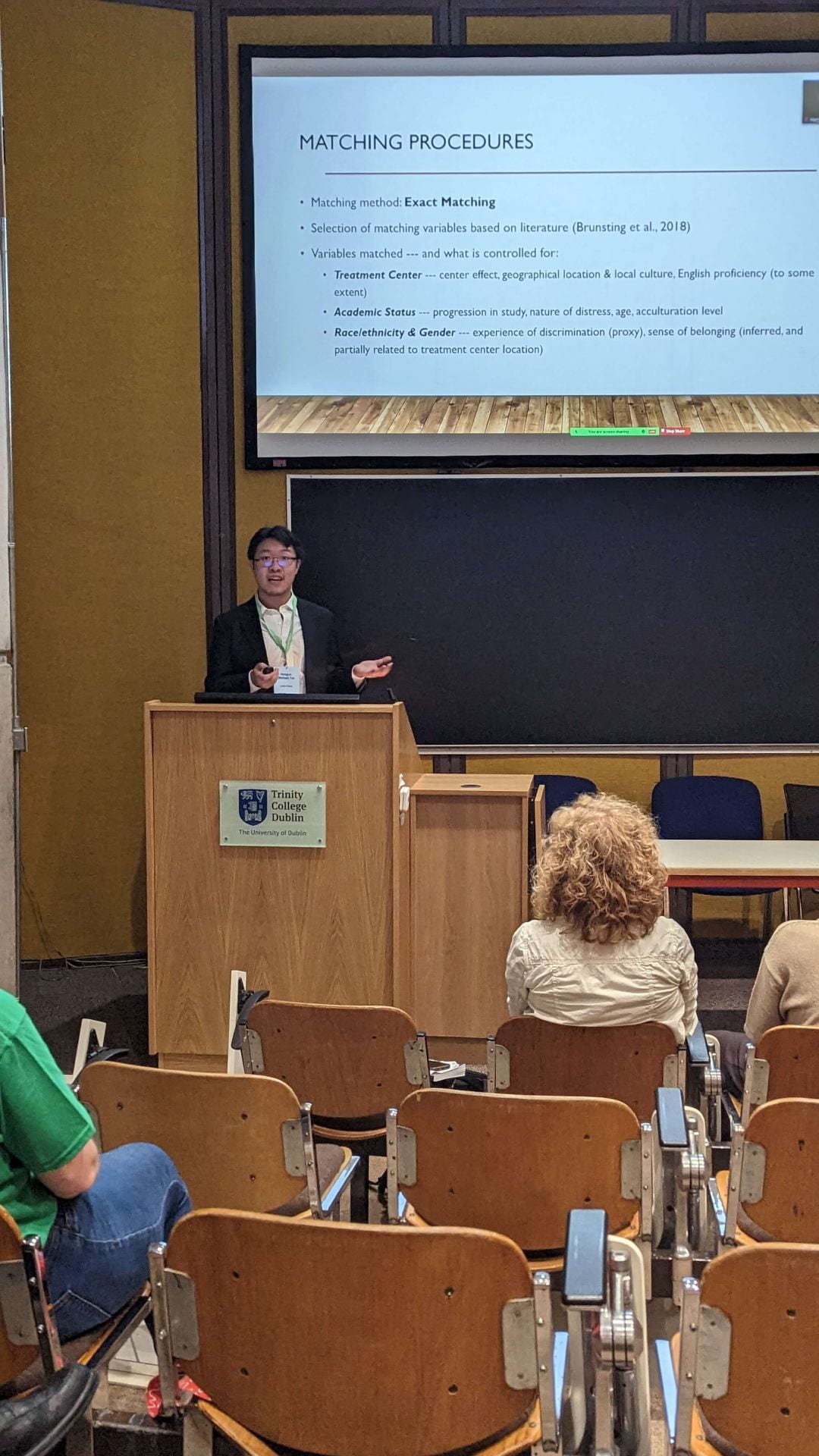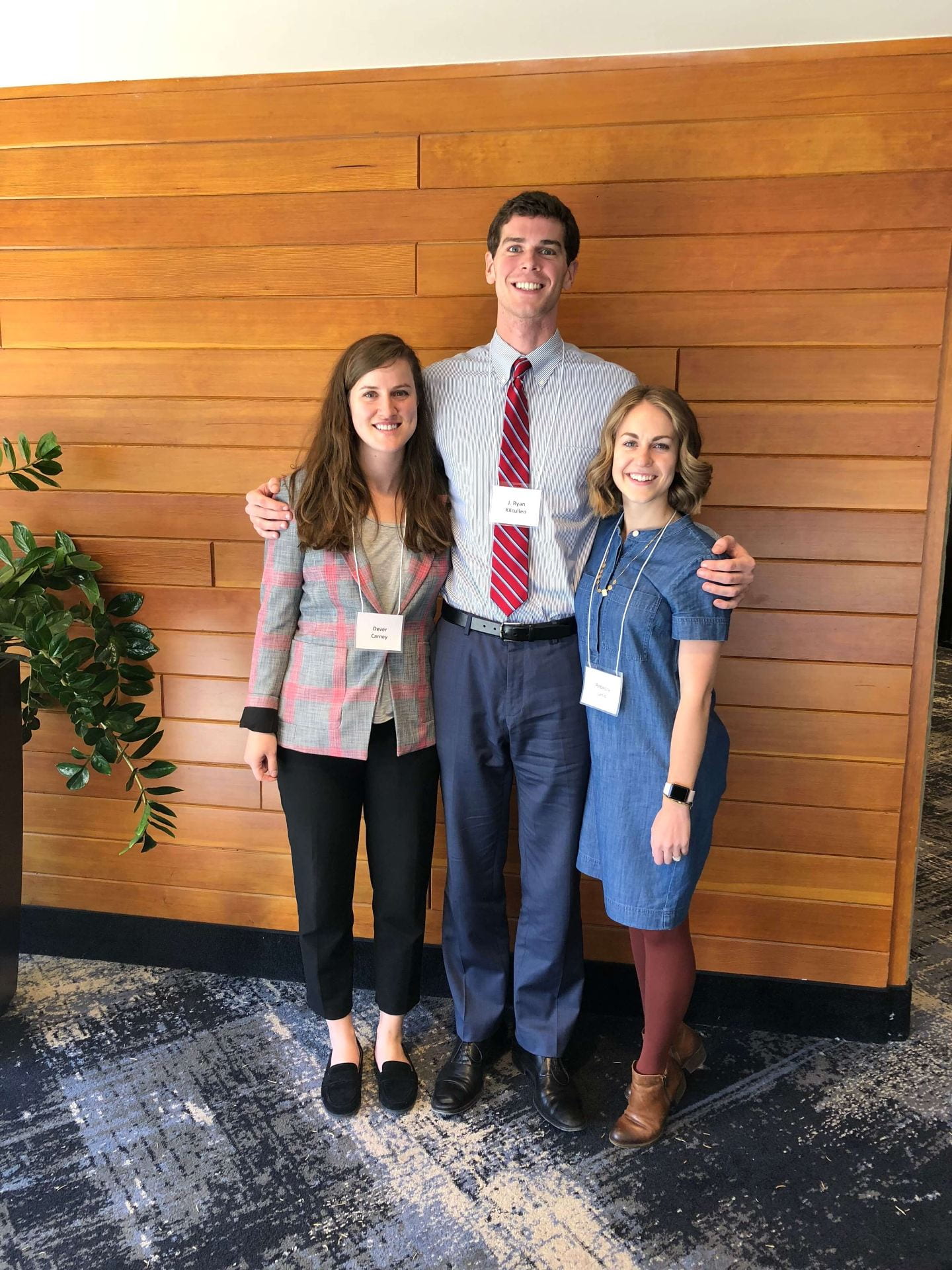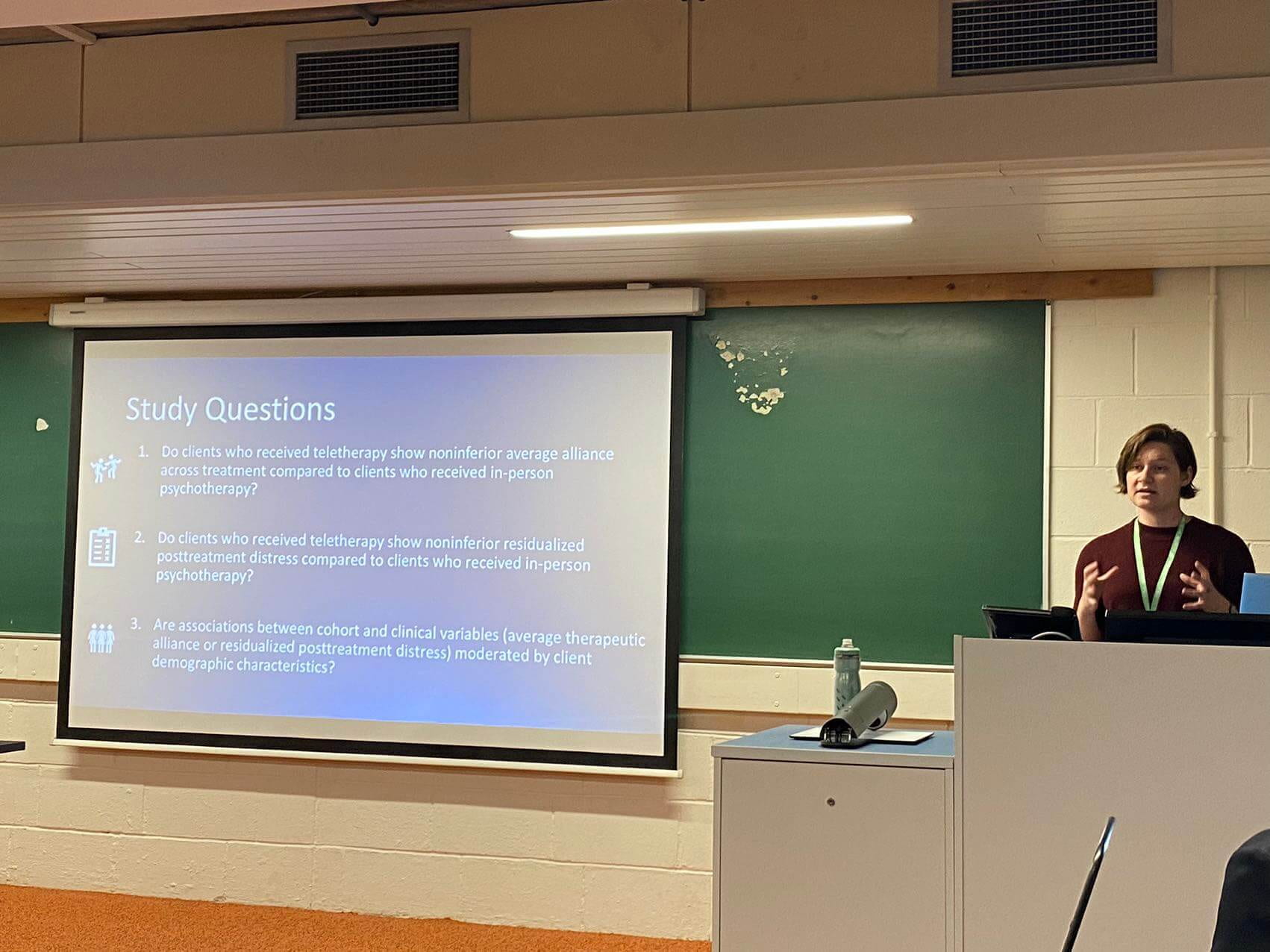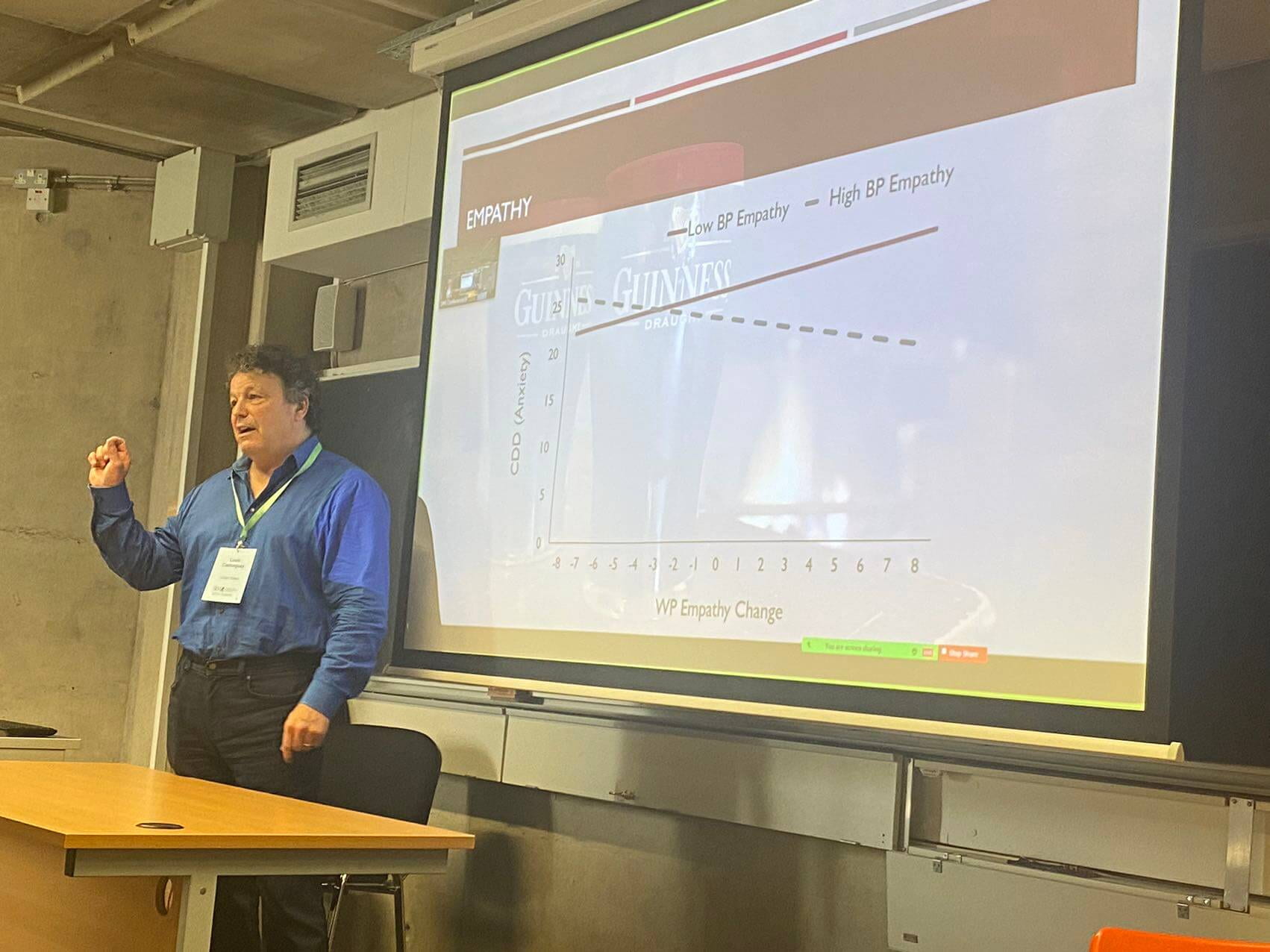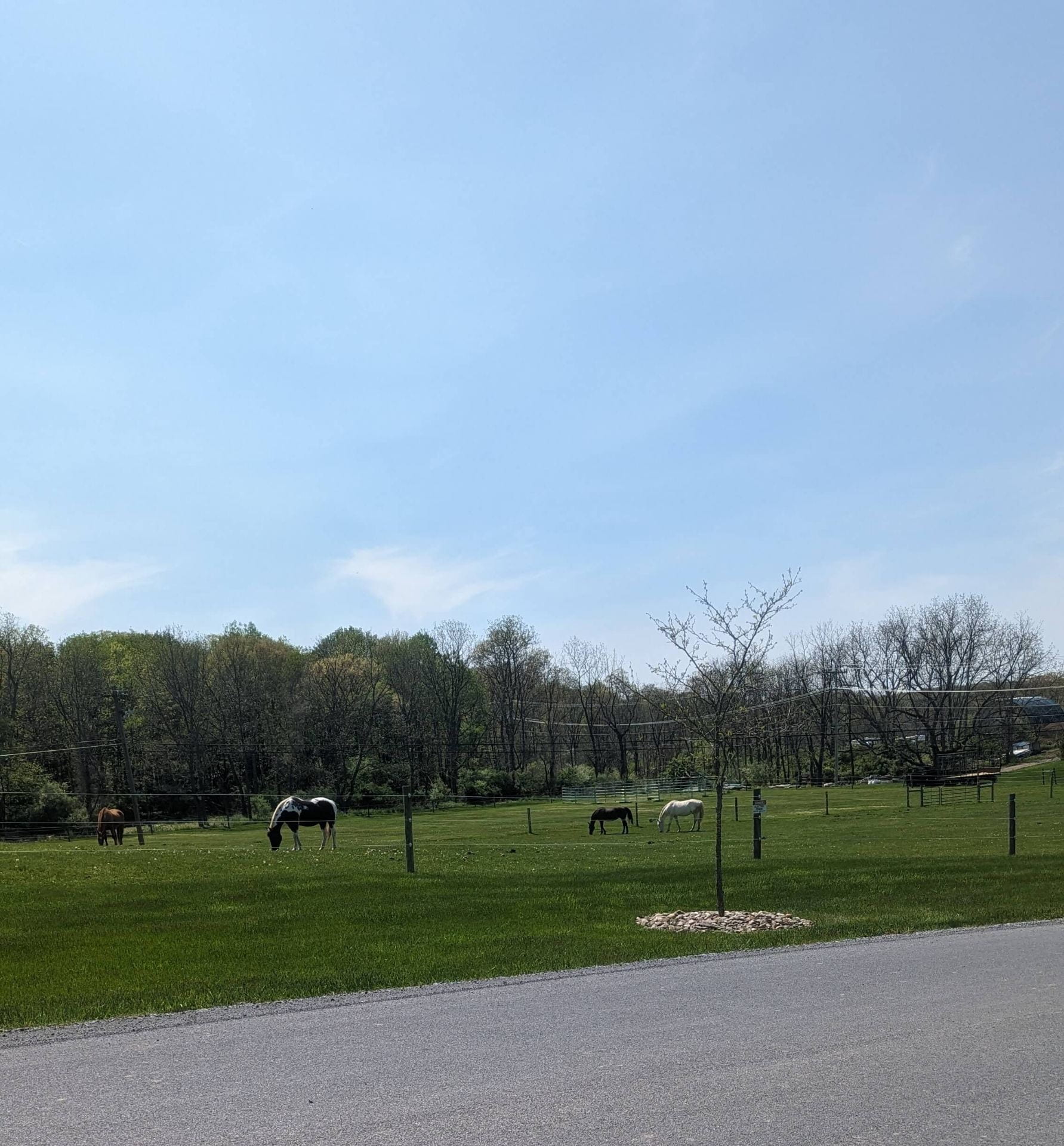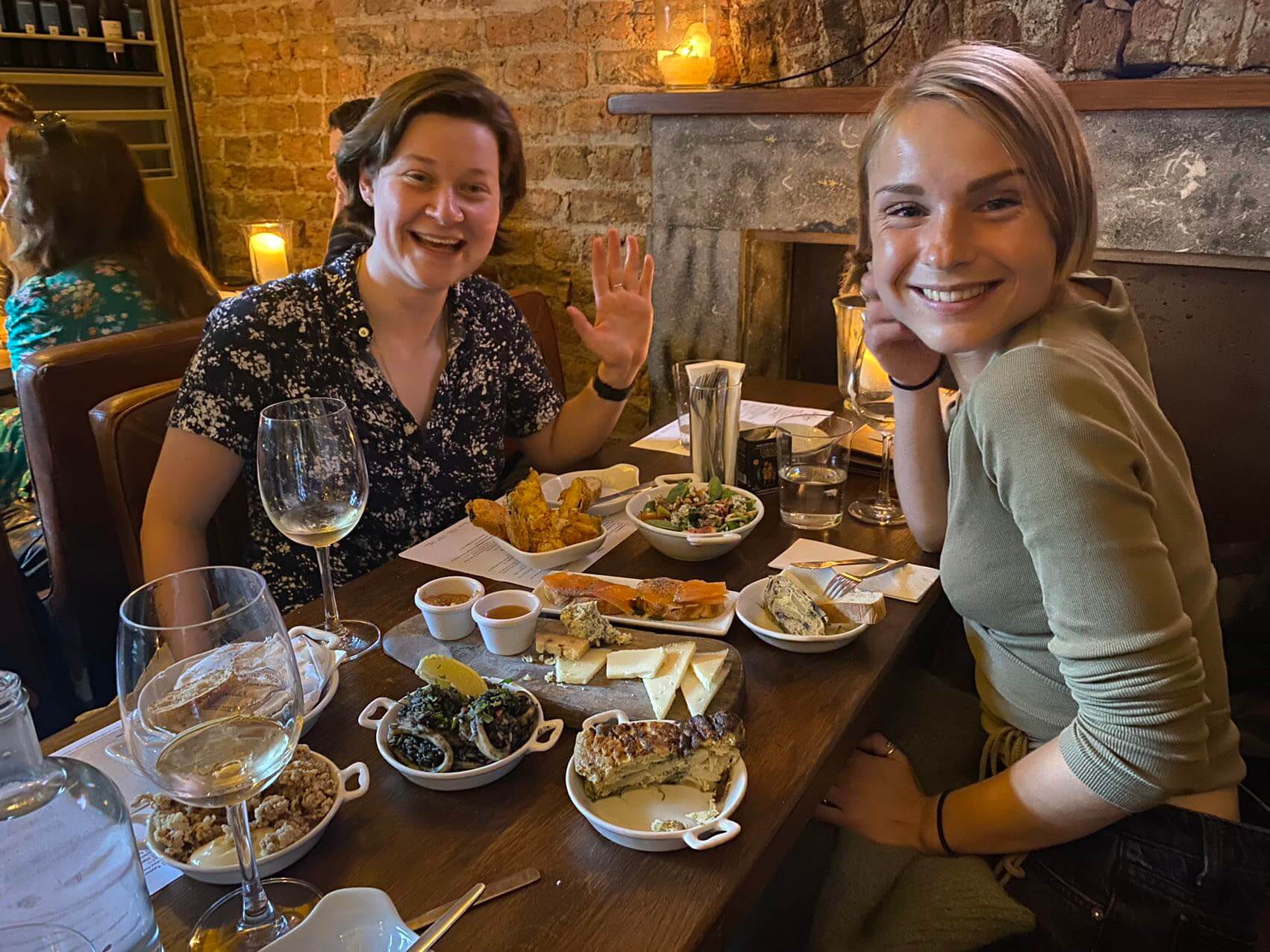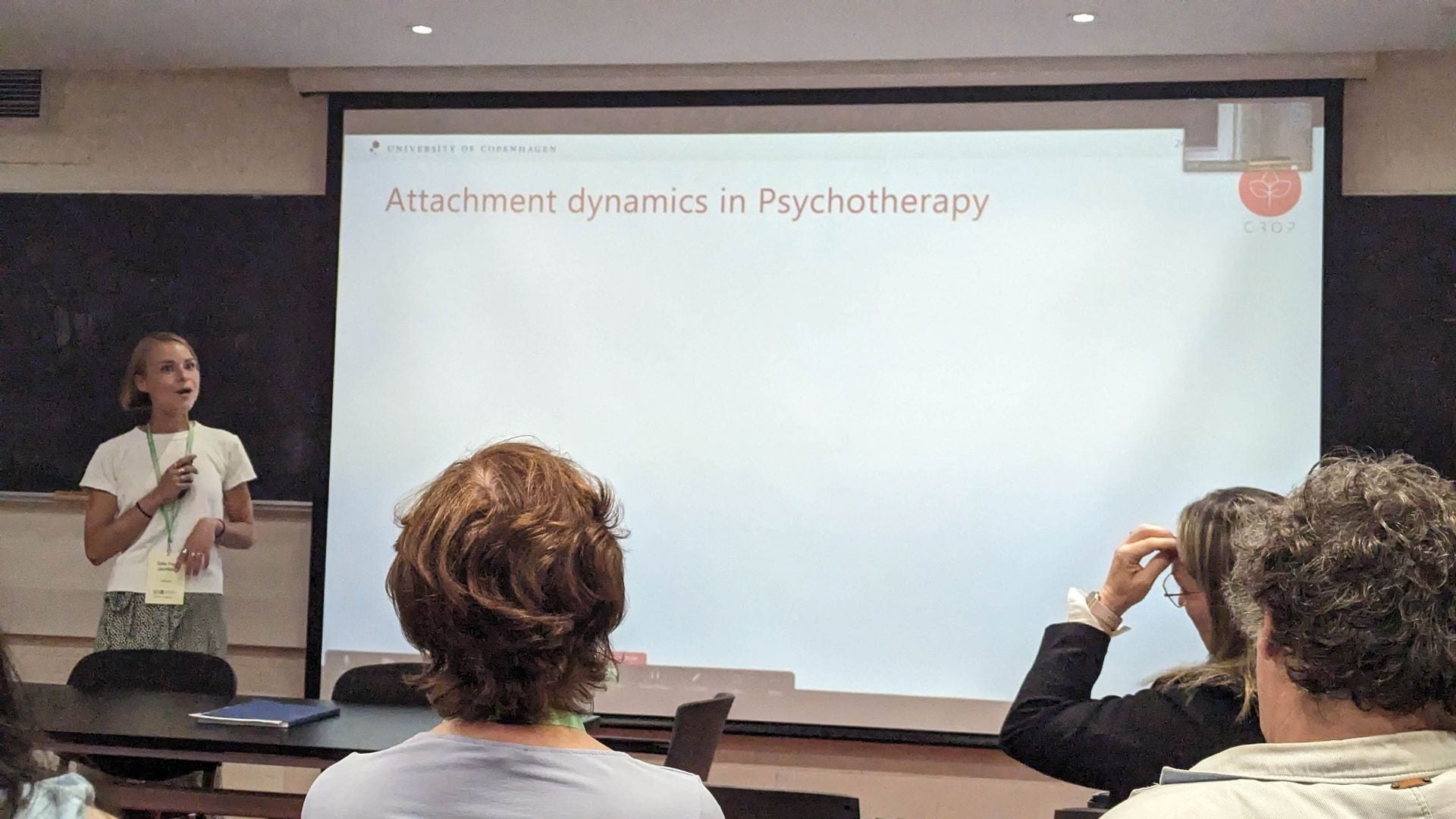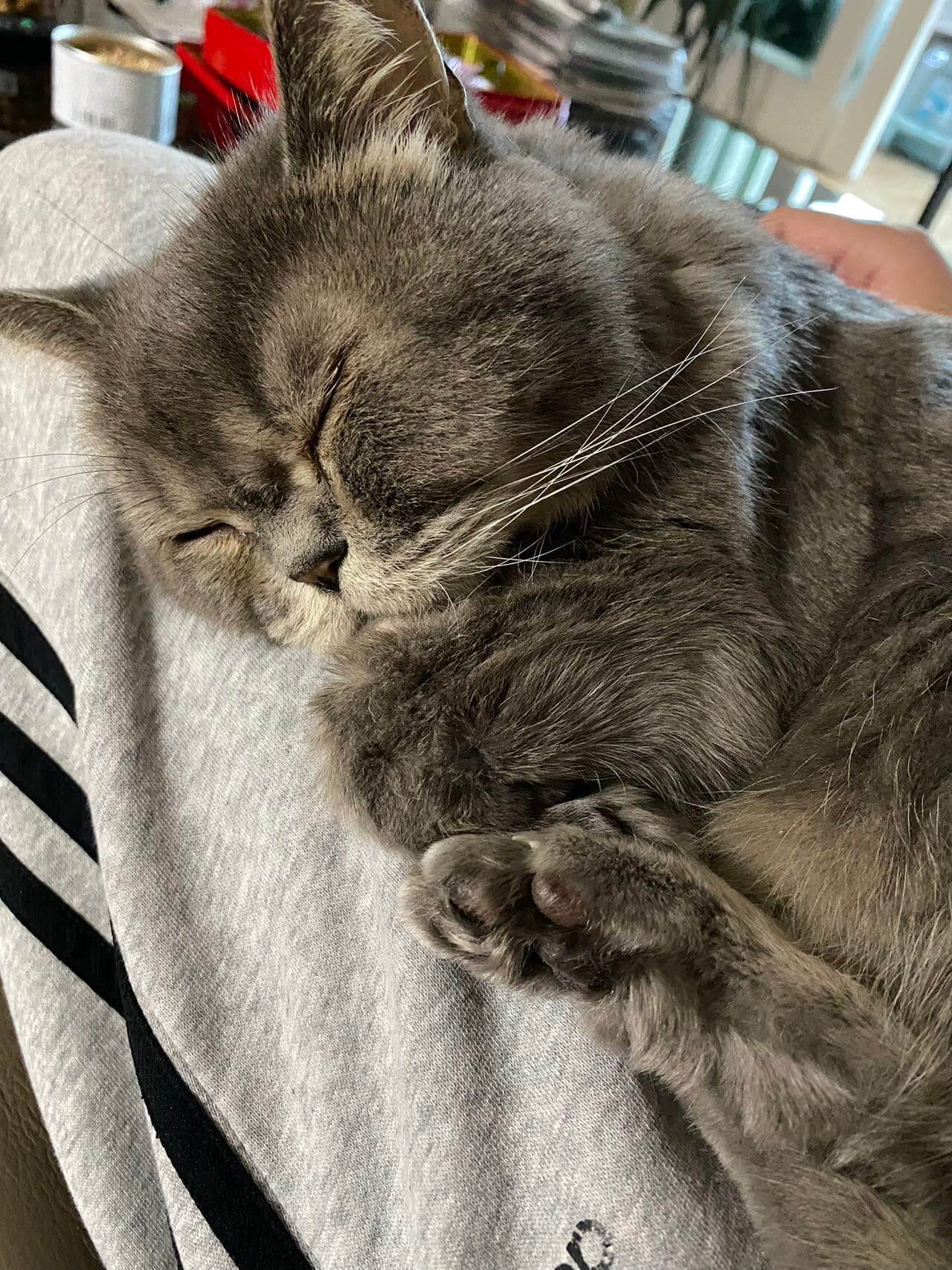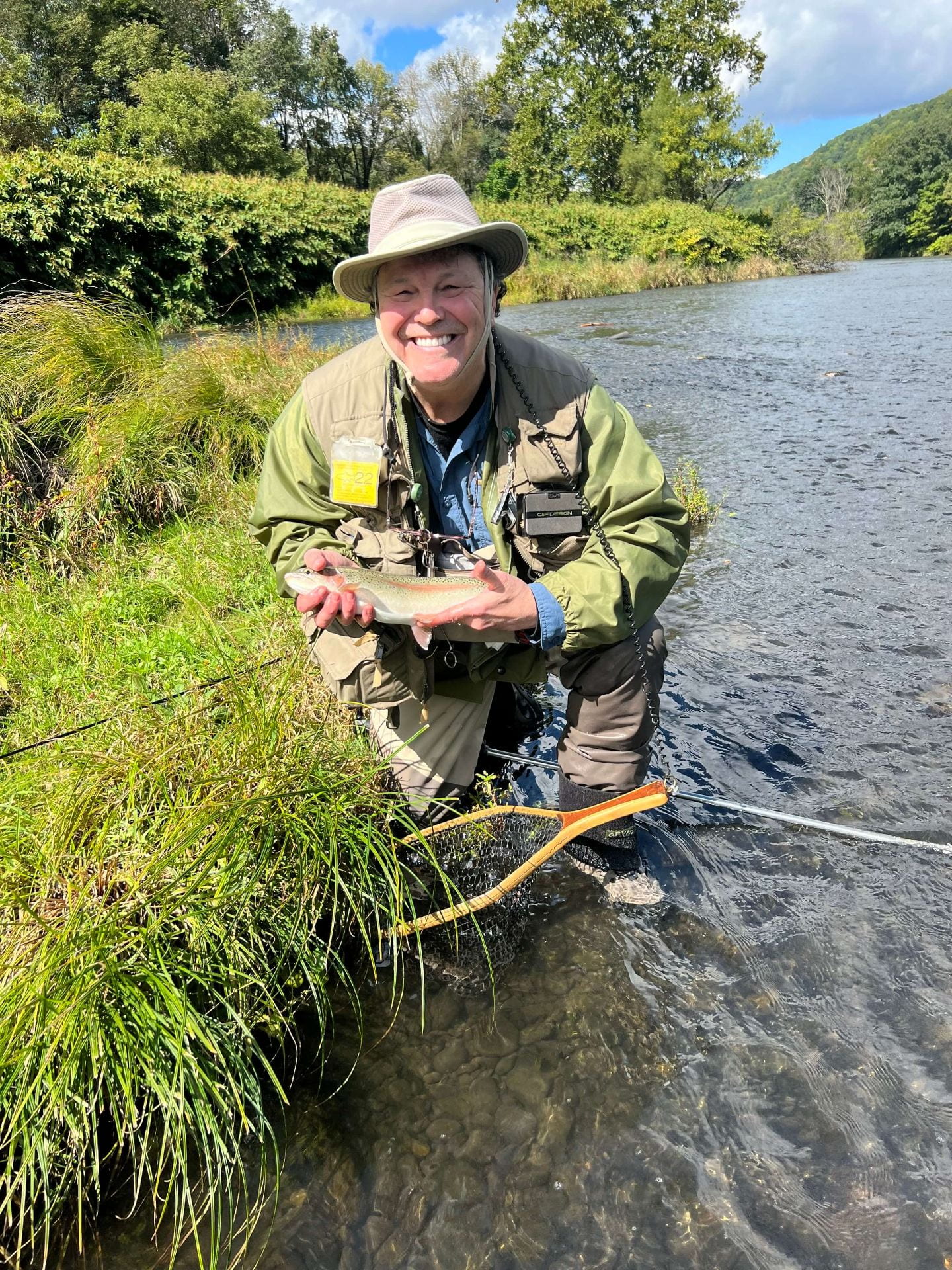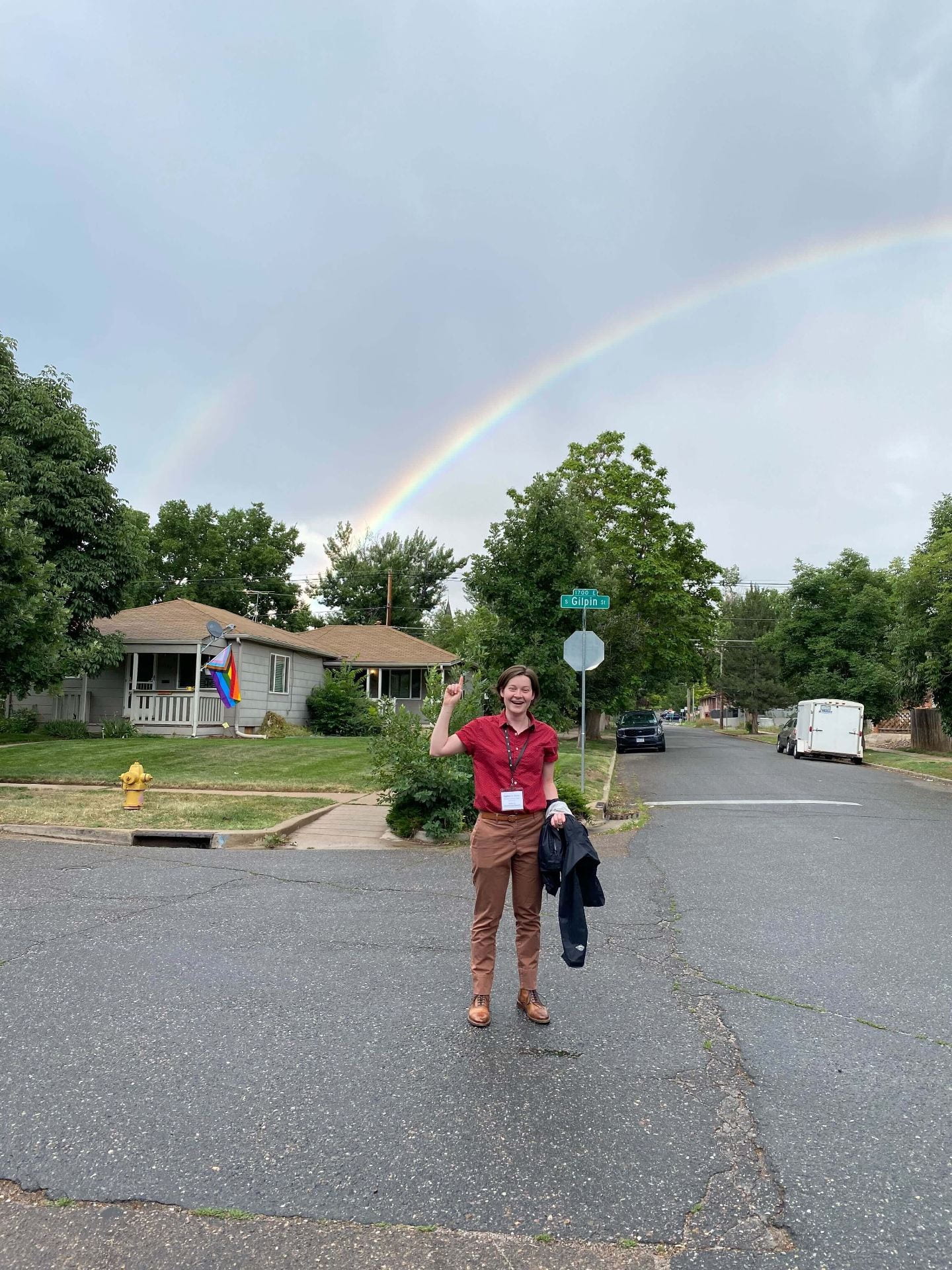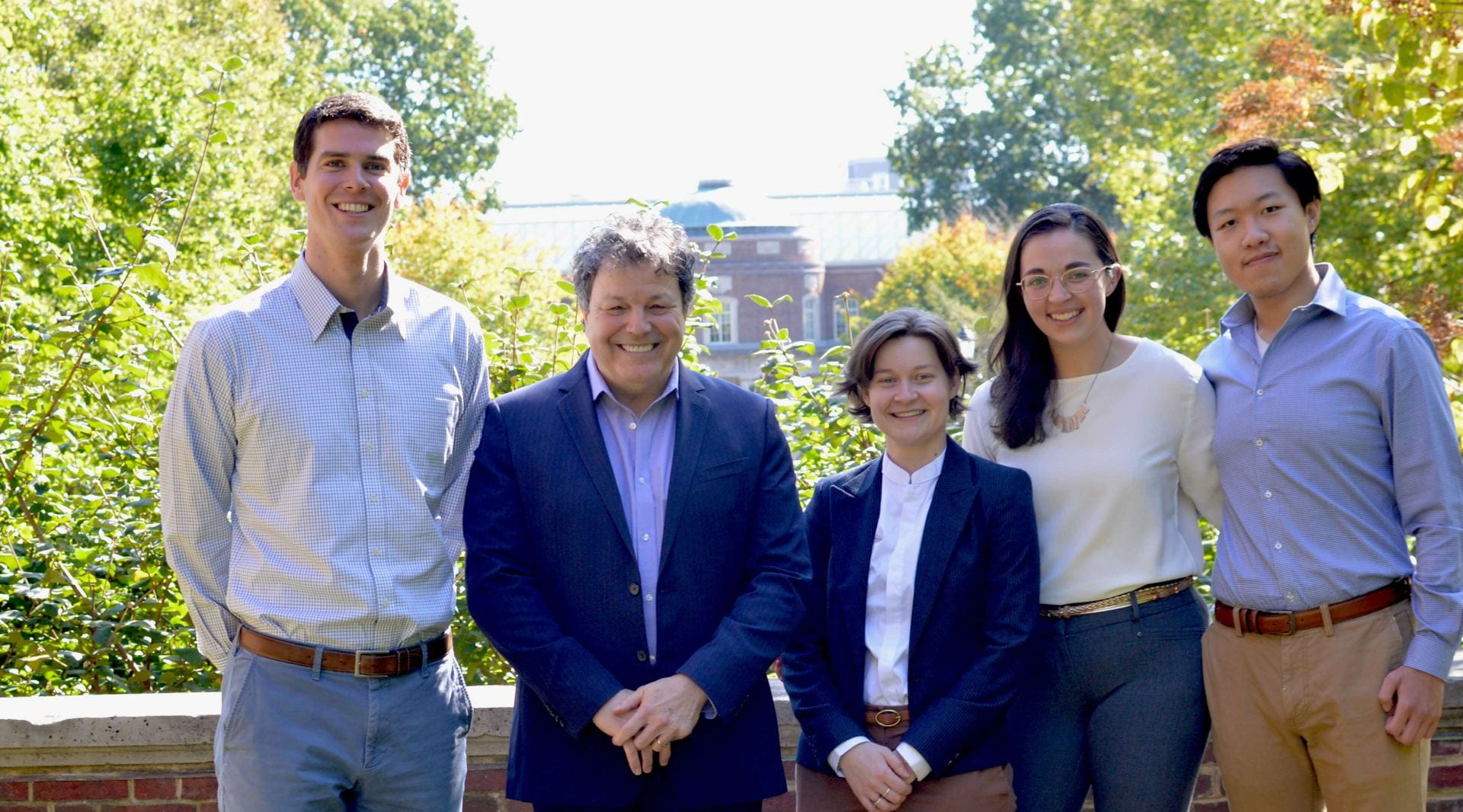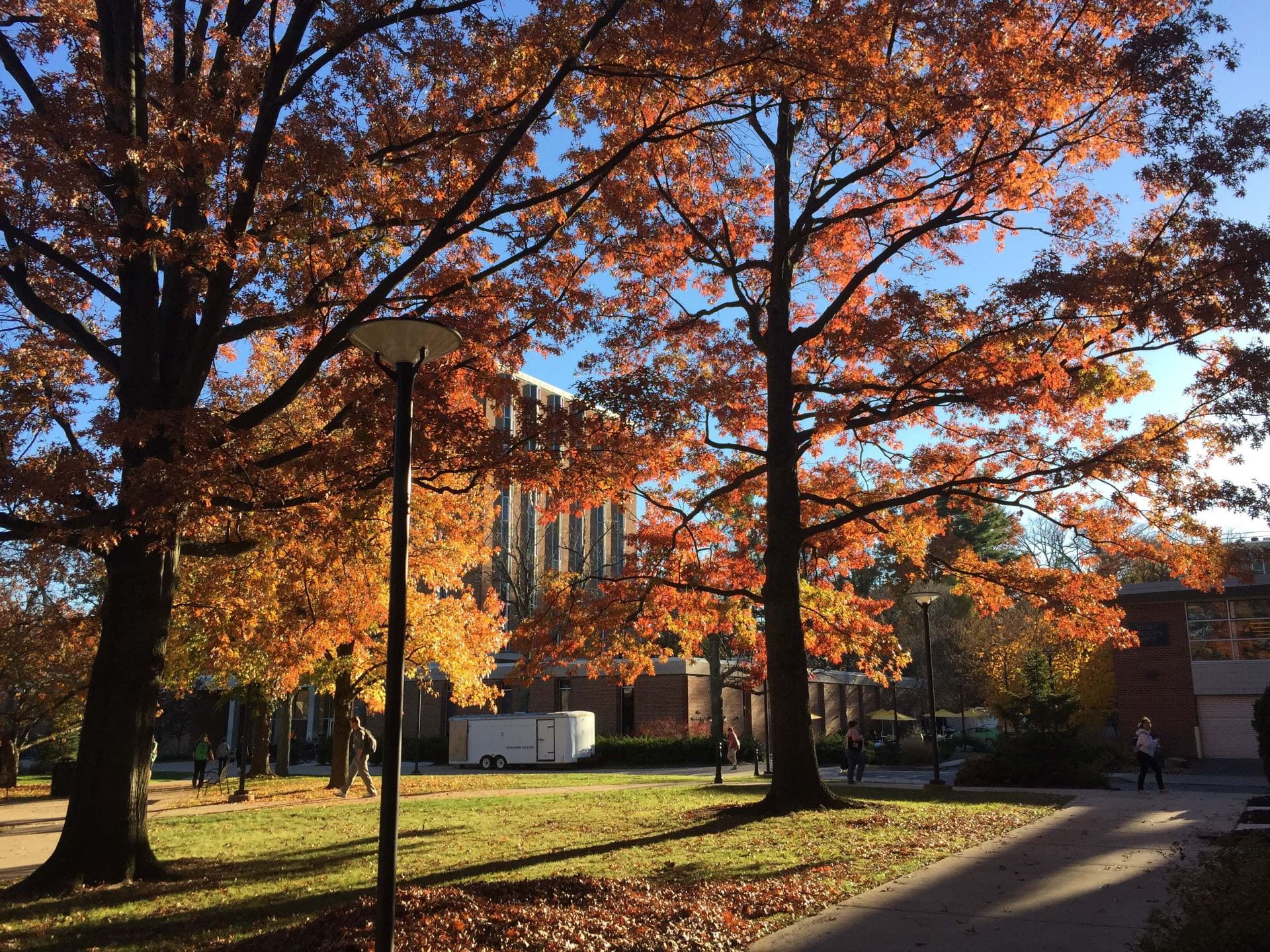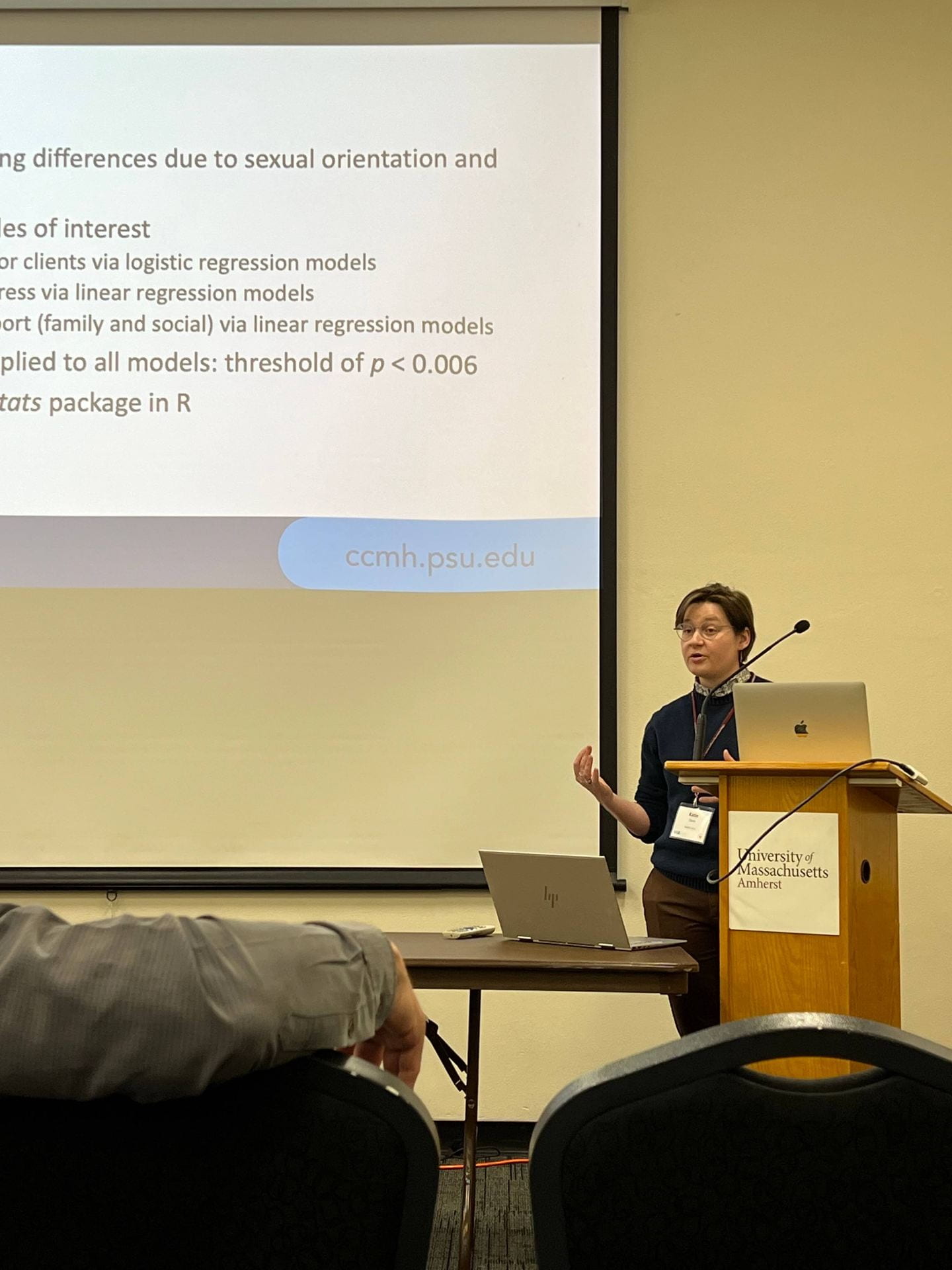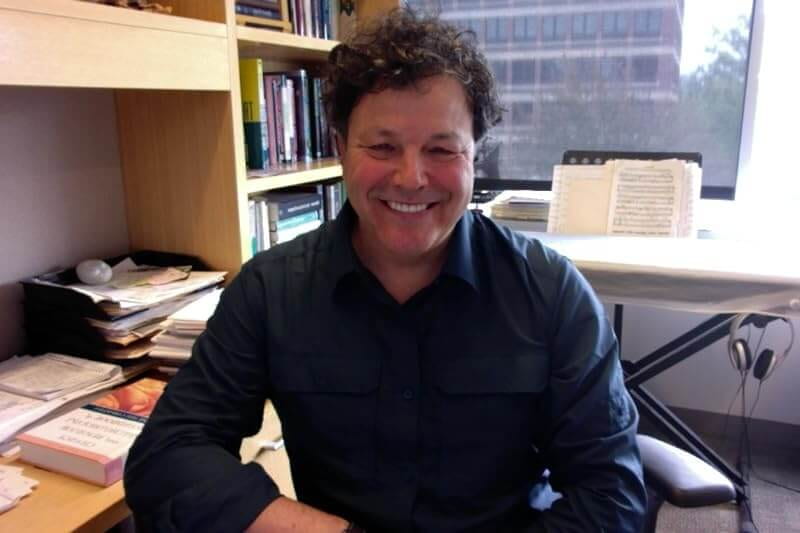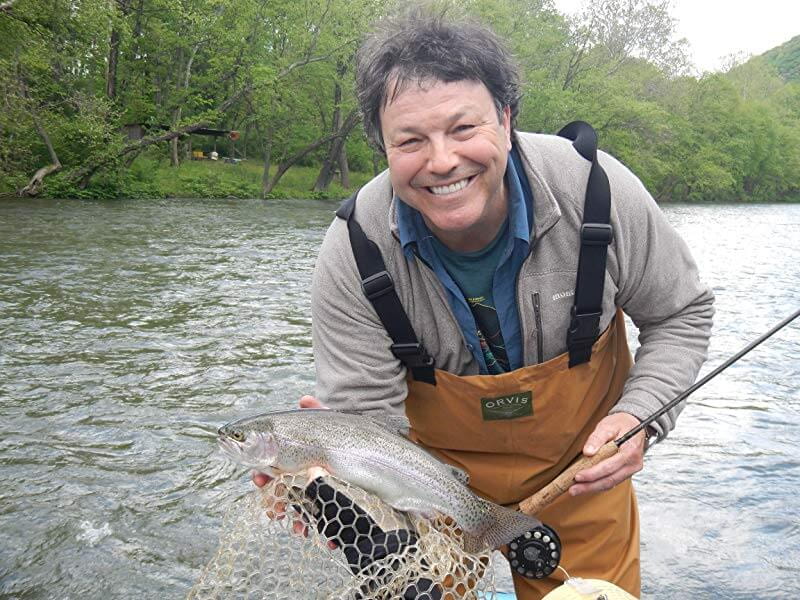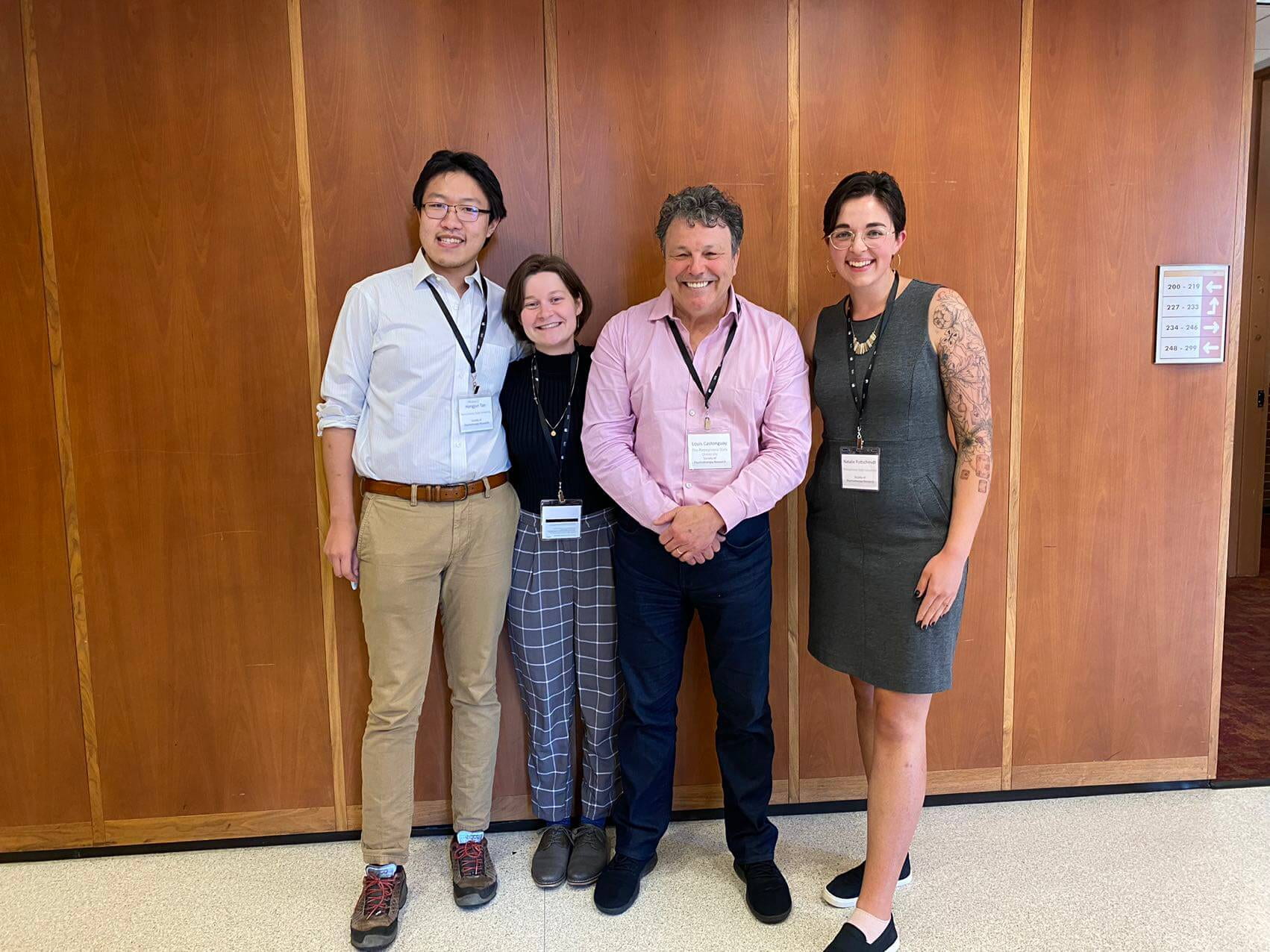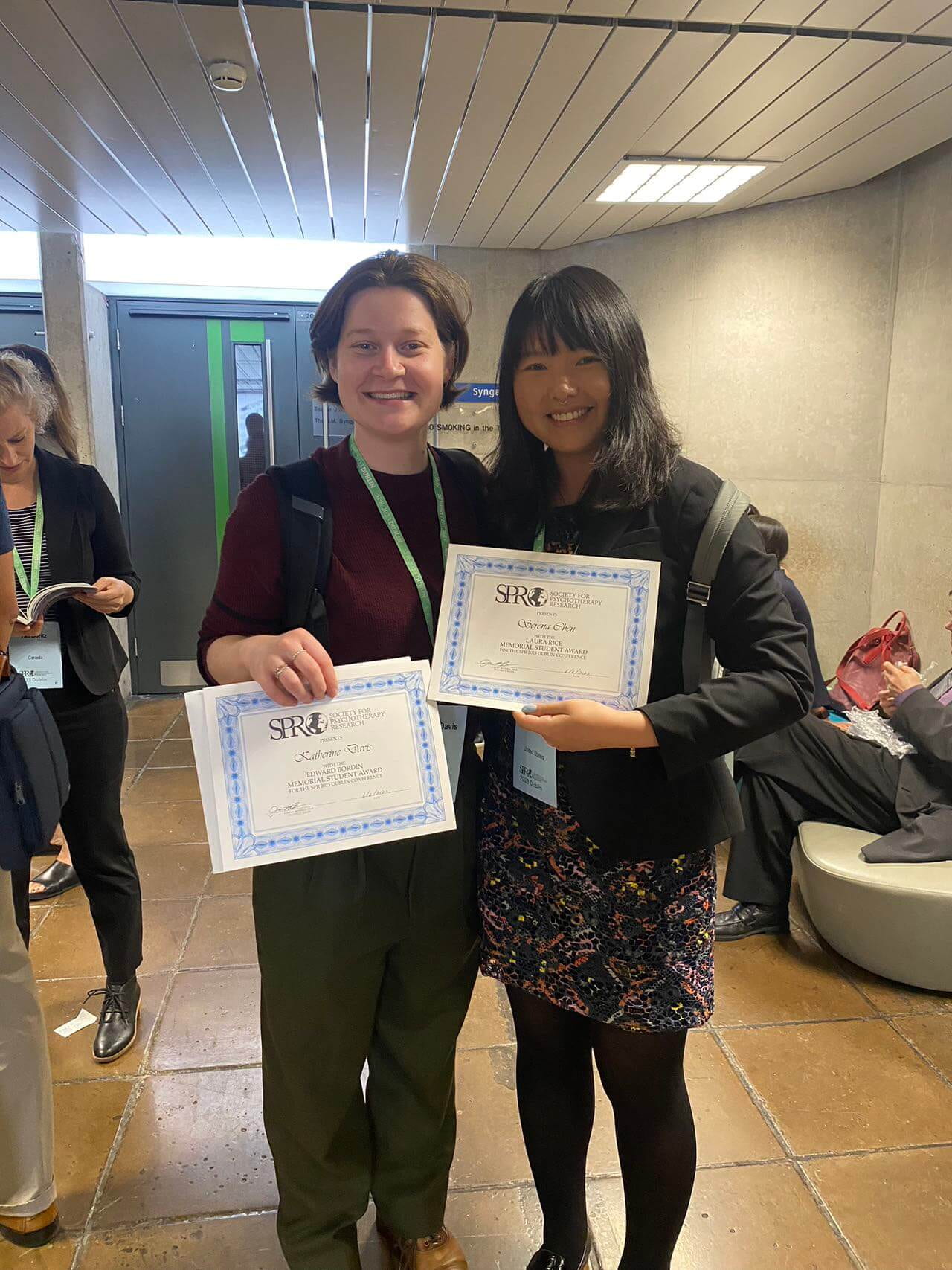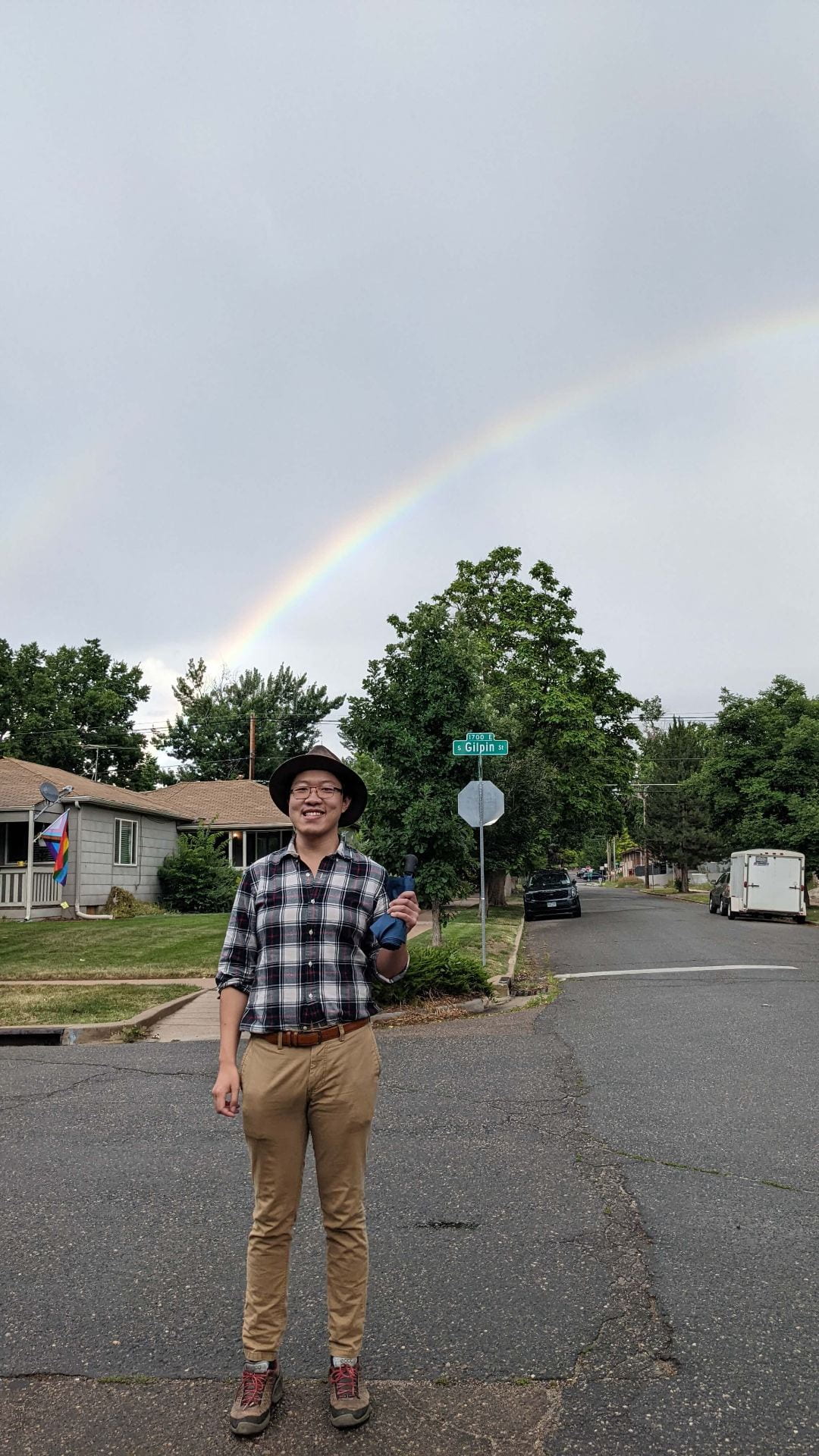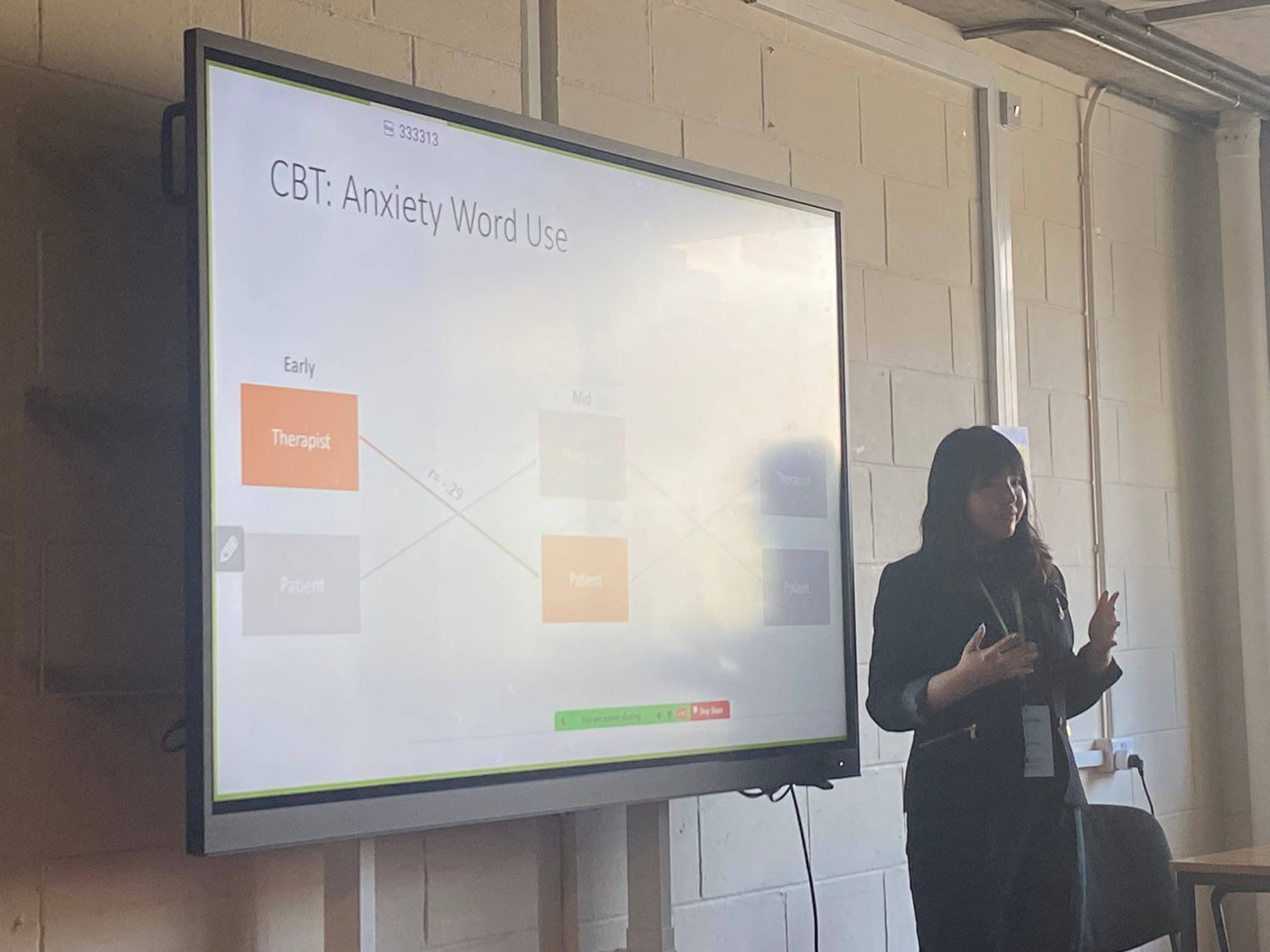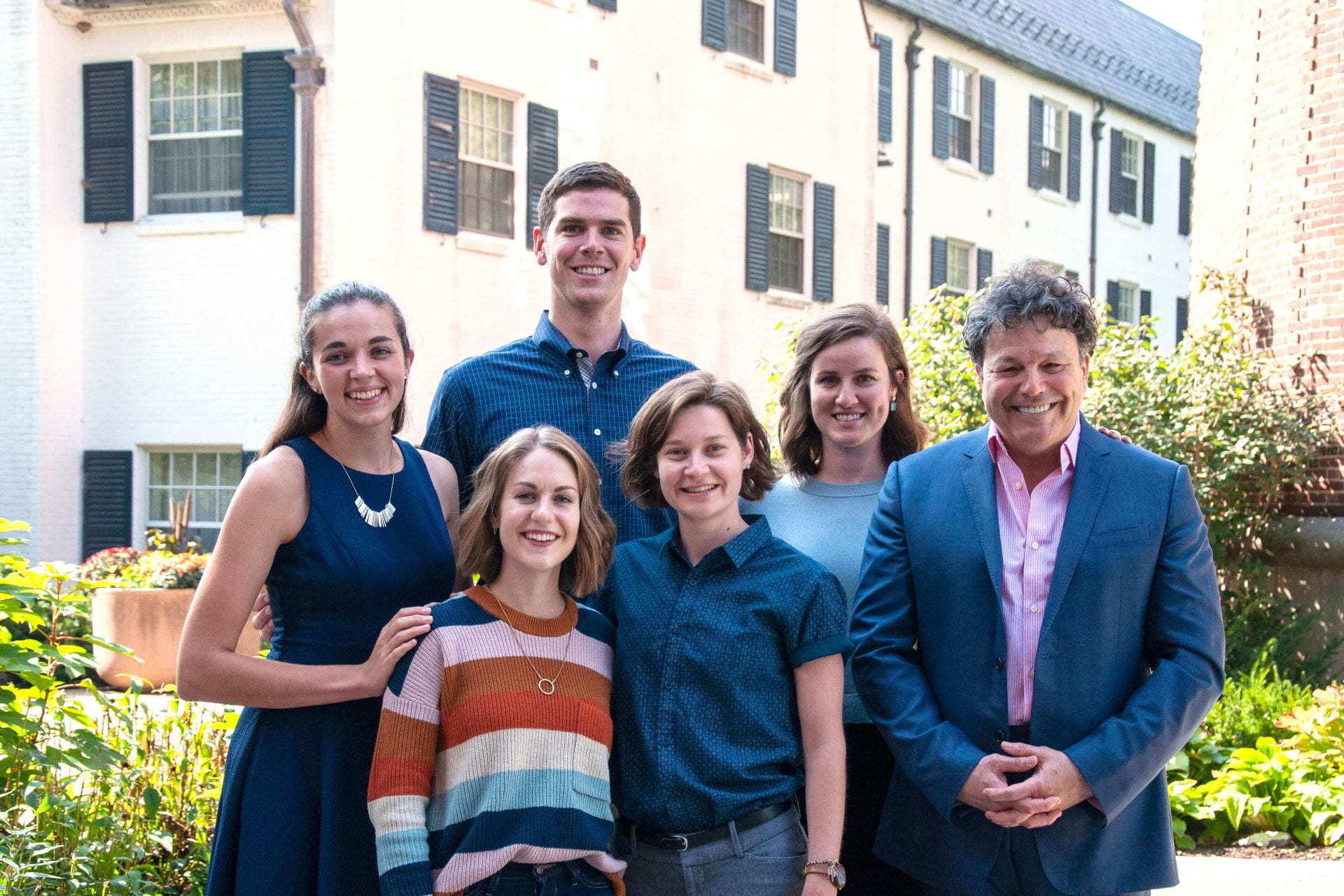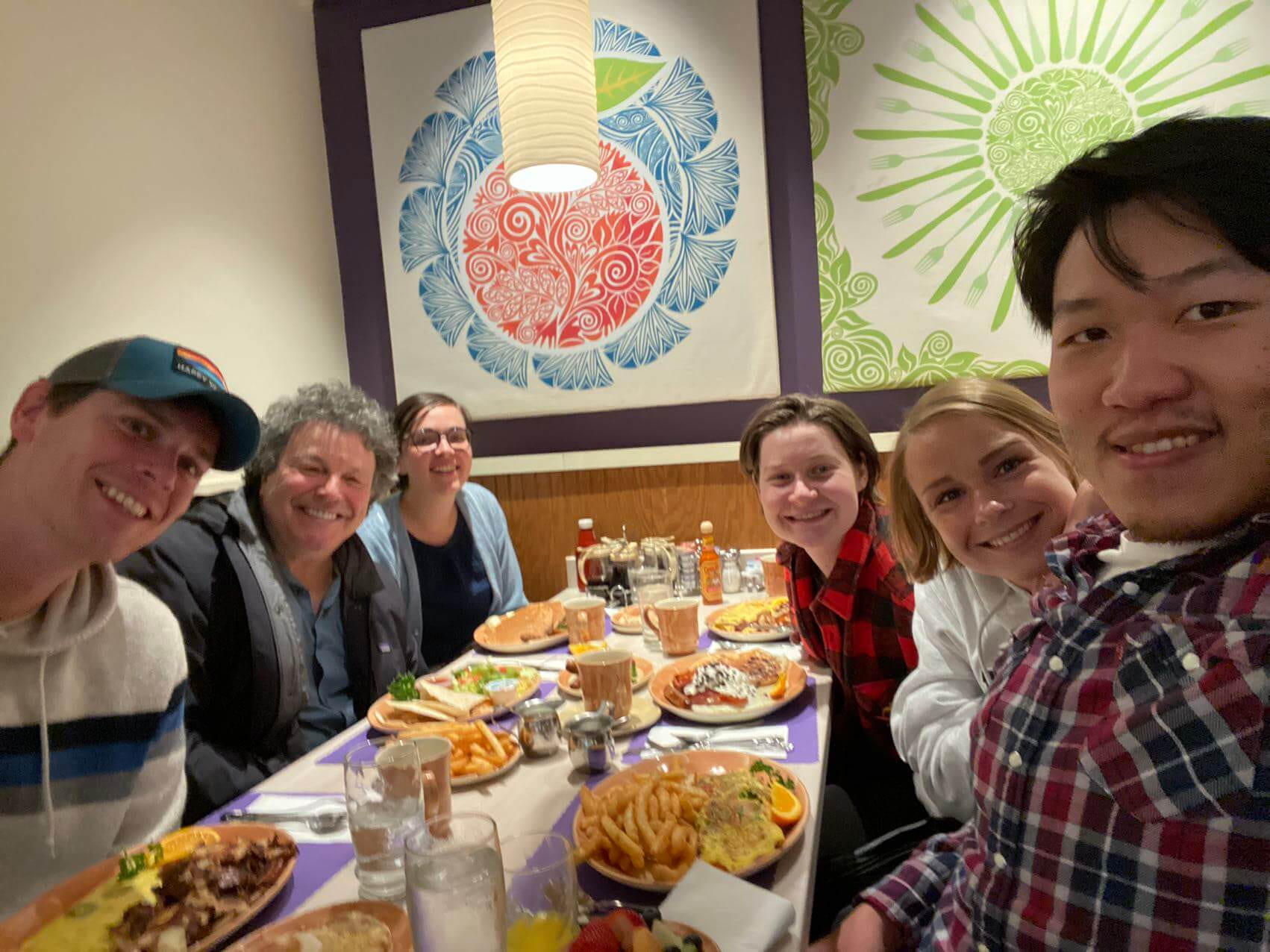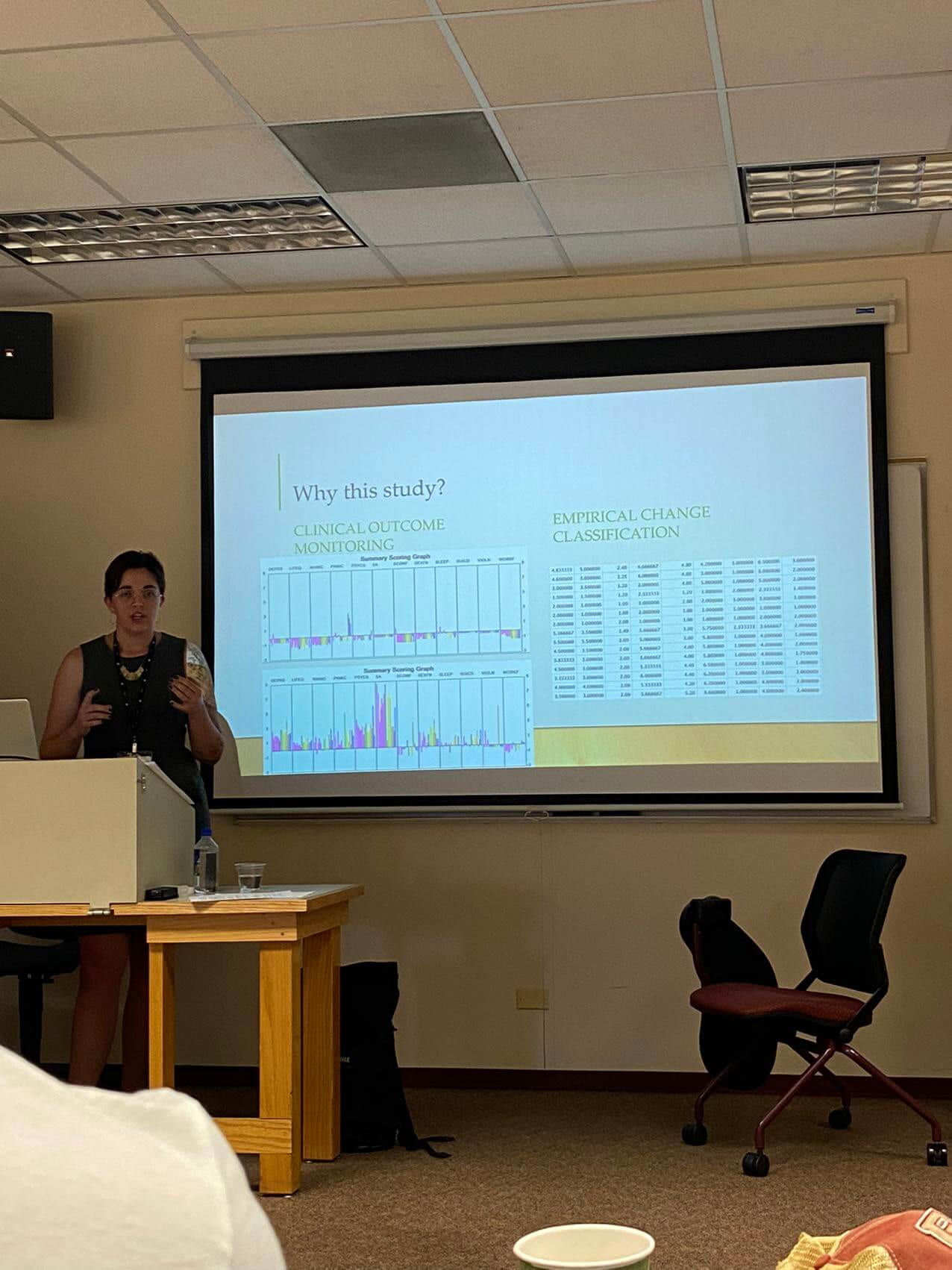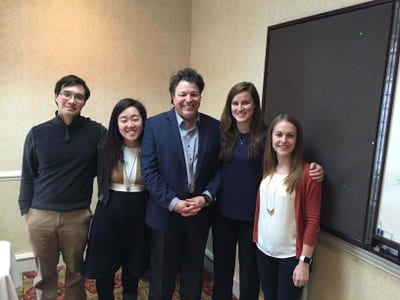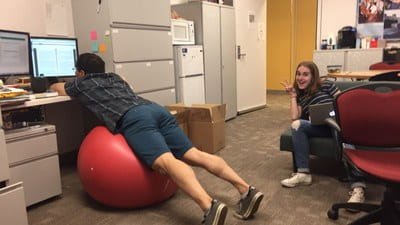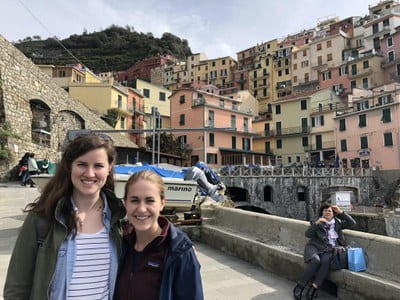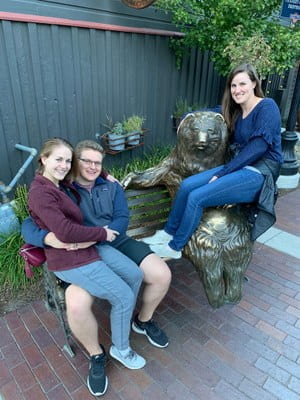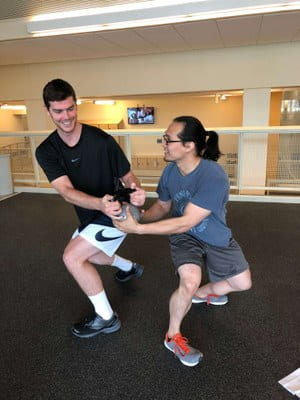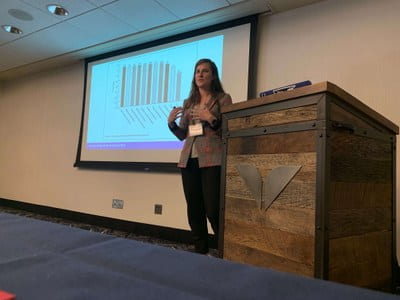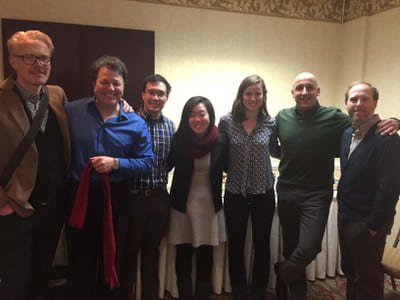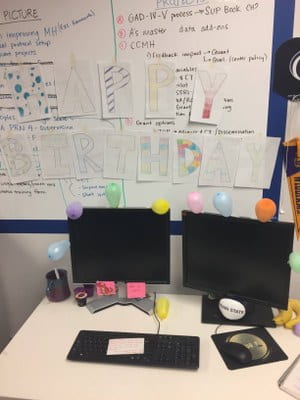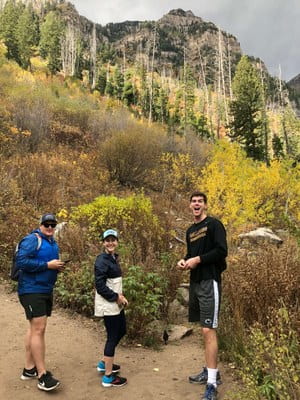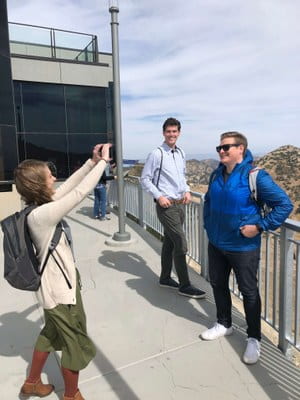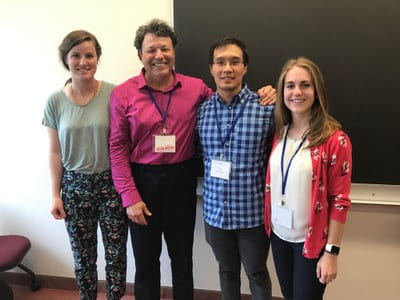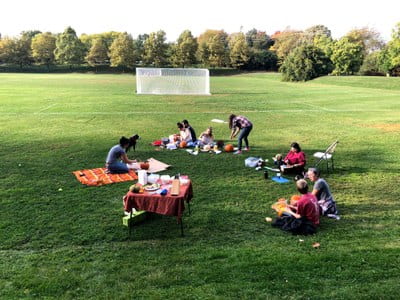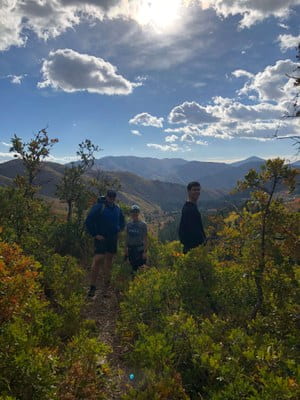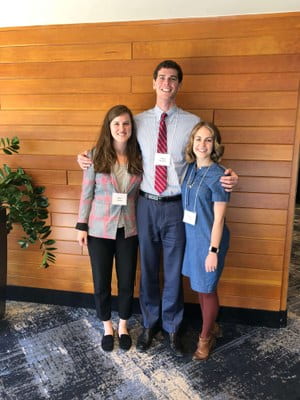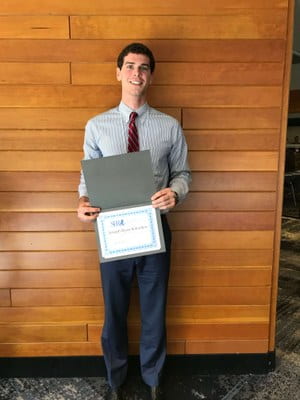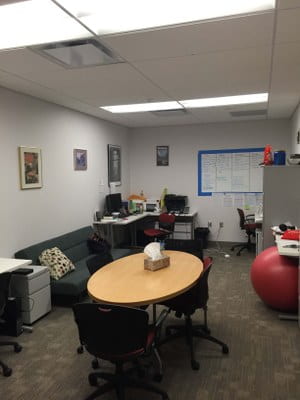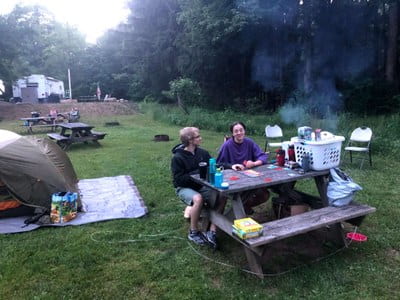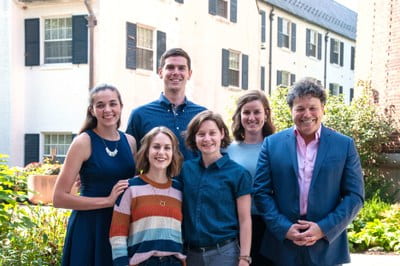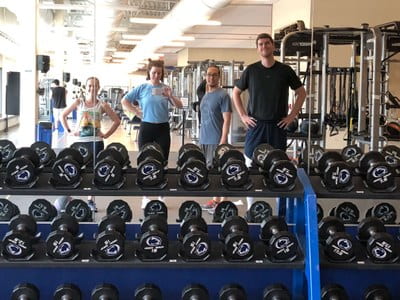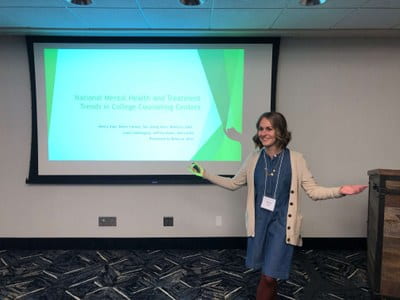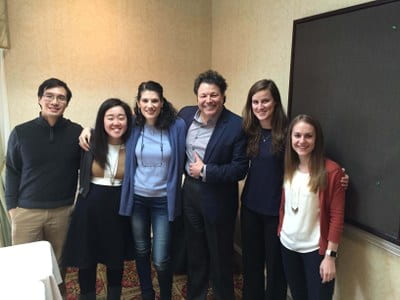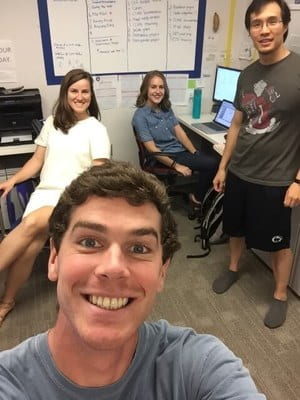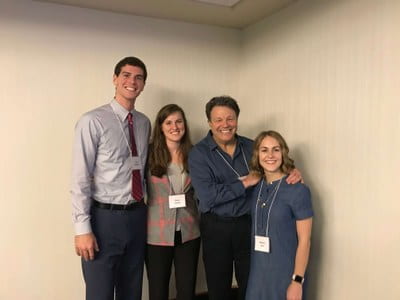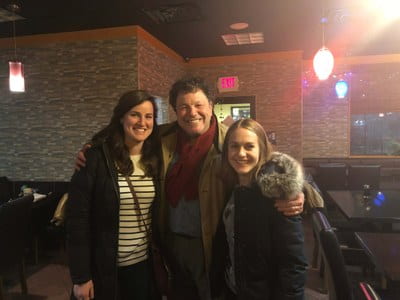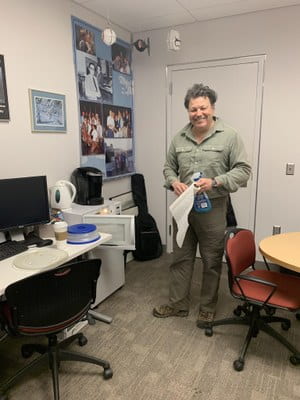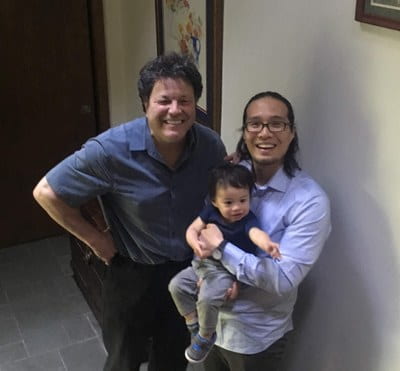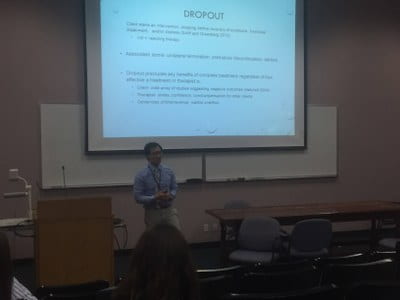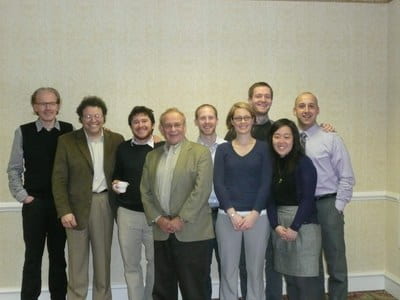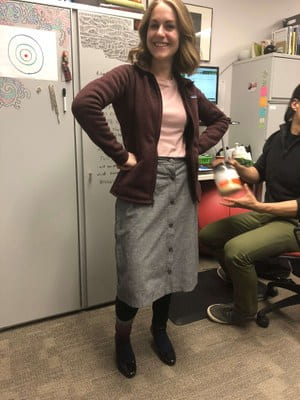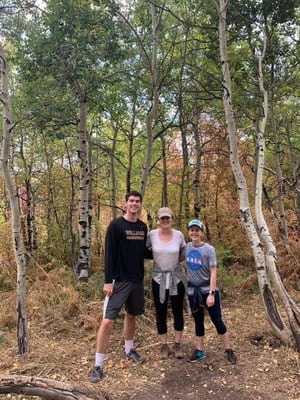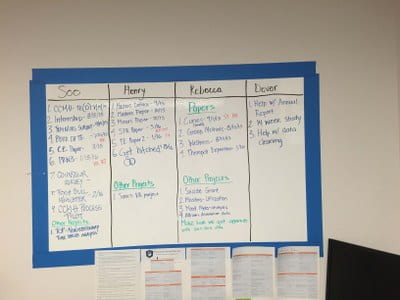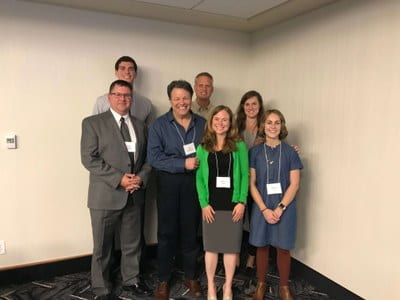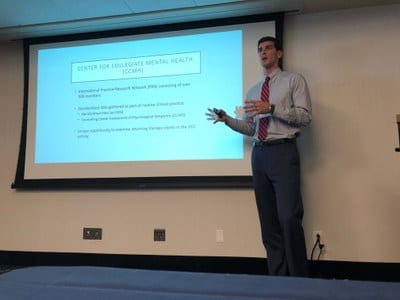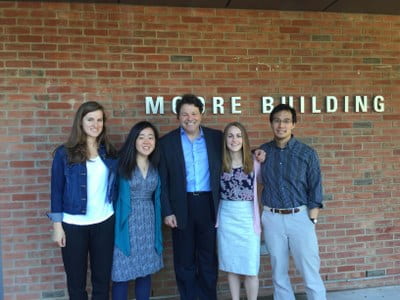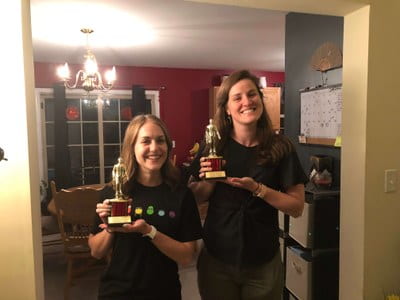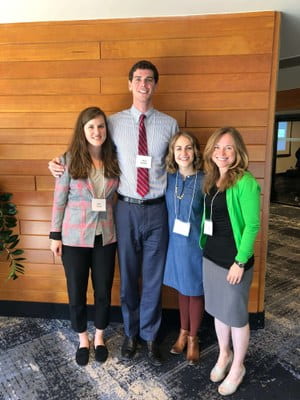Students
Undergraduate Students
We enjoy mentoring undergraduate students to prepare them for graduate school and careers in psychology. However, we are not currently recruiting students to join our research team. If you have questions, please email CastonguayLabPSU@gmail.com.
Prospective Graduate Students
Dr. Castonguay and the lab will be accepting graduate student applications for the upcoming 2024-2025 application cycle of the Psychology program. Prospective applicants are encouraged to read words of advice below from Dr. Castonguay, as well as visit his faculty page:
The applicants we interview are primarily individuals with experience or strong interest in the most up-to-date statistical analyses with large datasets (e.g., multilevel modeling, machine learning), research methods (e.g., additive or qualitative designs), and data visualization. Our top priority is to welcome a new student with these quantitative skills and/or goals, and who will be excited to help us continue our research on both the process and outcome of psychotherapy. A plus would be to also have interest/experience in conducting rigorous qualitative analyses. Such methodological pluralism is a philosophy that guides our exploration of the complexity of therapeutic change.
Undergraduate Students
We enjoy mentoring undergraduate students to prepare them for graduate school and careers in psychology. However, we are not currently recruiting students to join our research team. If you have questions, please email CastonguayLabPSU@gmail.com.
Prospective Graduate Students
Dr. Castonguay and the lab are not taking a new graduate student from the incoming Fall 2022 class of the Psychology program. Future prospective applicants are encouraged to read words of advice below from Dr. Castonguay, as well as visit his faculty page:
The applicants we interview are primarily individuals with experience or strong interest in the most up-to-date statistical analyses with large datasets (e.g., multilevel modeling, machine learning), research methods (e.g., additive or qualitative designs), and data visualization. Our top priority is to welcome a new student with these quantitative skills and/or goals, and who will be excited to help us continue our research on both the process and outcome of psychotherapy. A plus would be to also have interest/experience in conducting rigorous qualitative analyses. Such methodological pluralism is a philosophy that guides our exploration of the complexity of therapeutic change.
Current Graduate Students
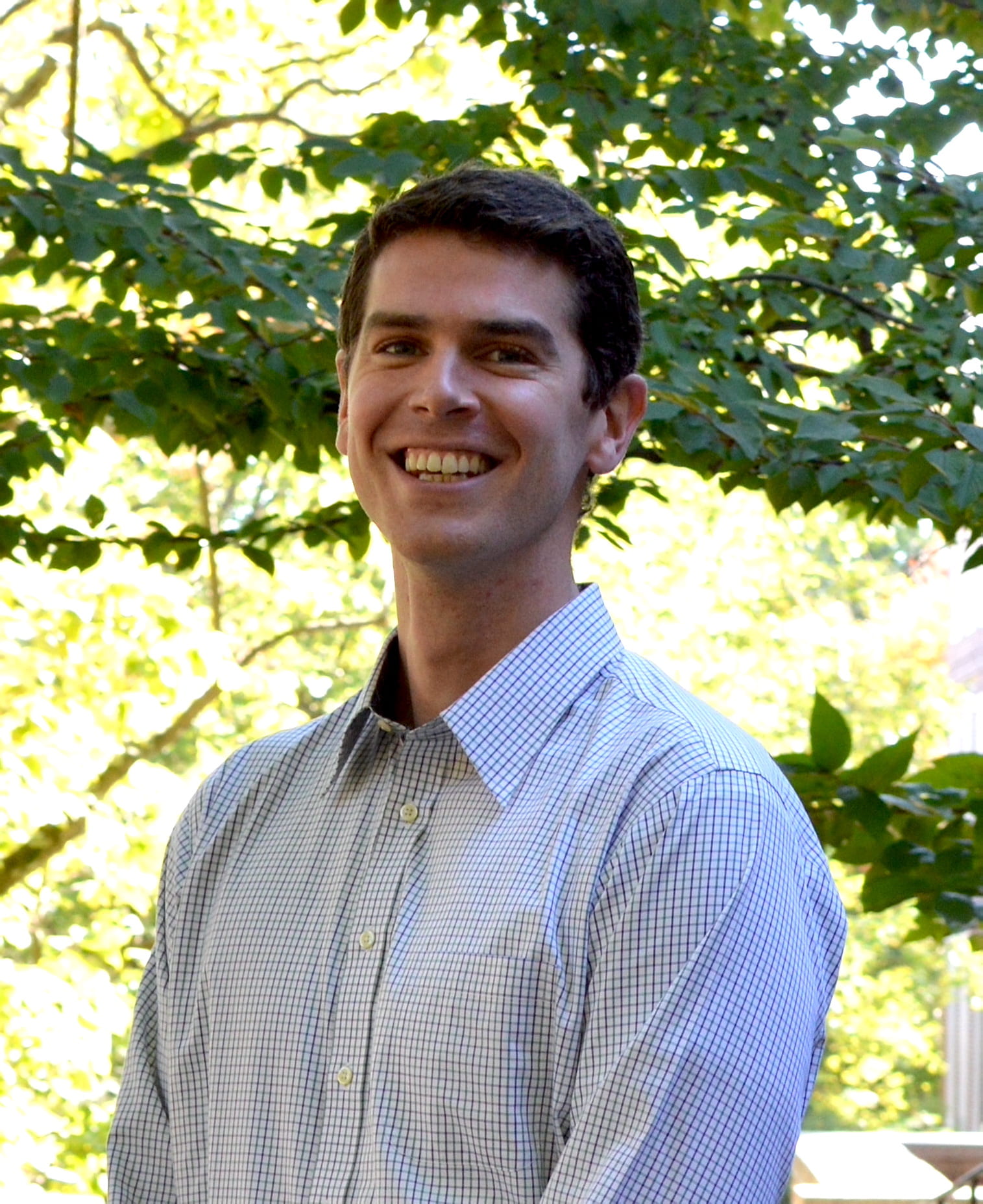
Ryan Kilcullen, M.S., Intern at SUNY: Buffalo State
jrk75@psu.edu
He/Him/His
I graduated from Williams College in 2015 where I received my B.A. in Psychology. Prior to joining the Castonguay Lab, I worked for two years as a Research Coordinator at Massachusetts General Hospital. Broadly speaking, I am enthusiastic about practice-oriented research as a fruitful avenue for better understanding the therapeutic process and improving therapy outcomes. My master’s thesis investigated the prevalence of clients who return for additional therapy treatment courses and factors associated with return to therapy. Current research directions involve ongoing collaborations with such practice-research networks as CCMH and the PPA-PRN. Beyond the academic realm, I enjoy time with friends, the fantasy genre in pretty much all forms (novels, movies, video games—you name it), listening to music, playing golf, and also basketball.
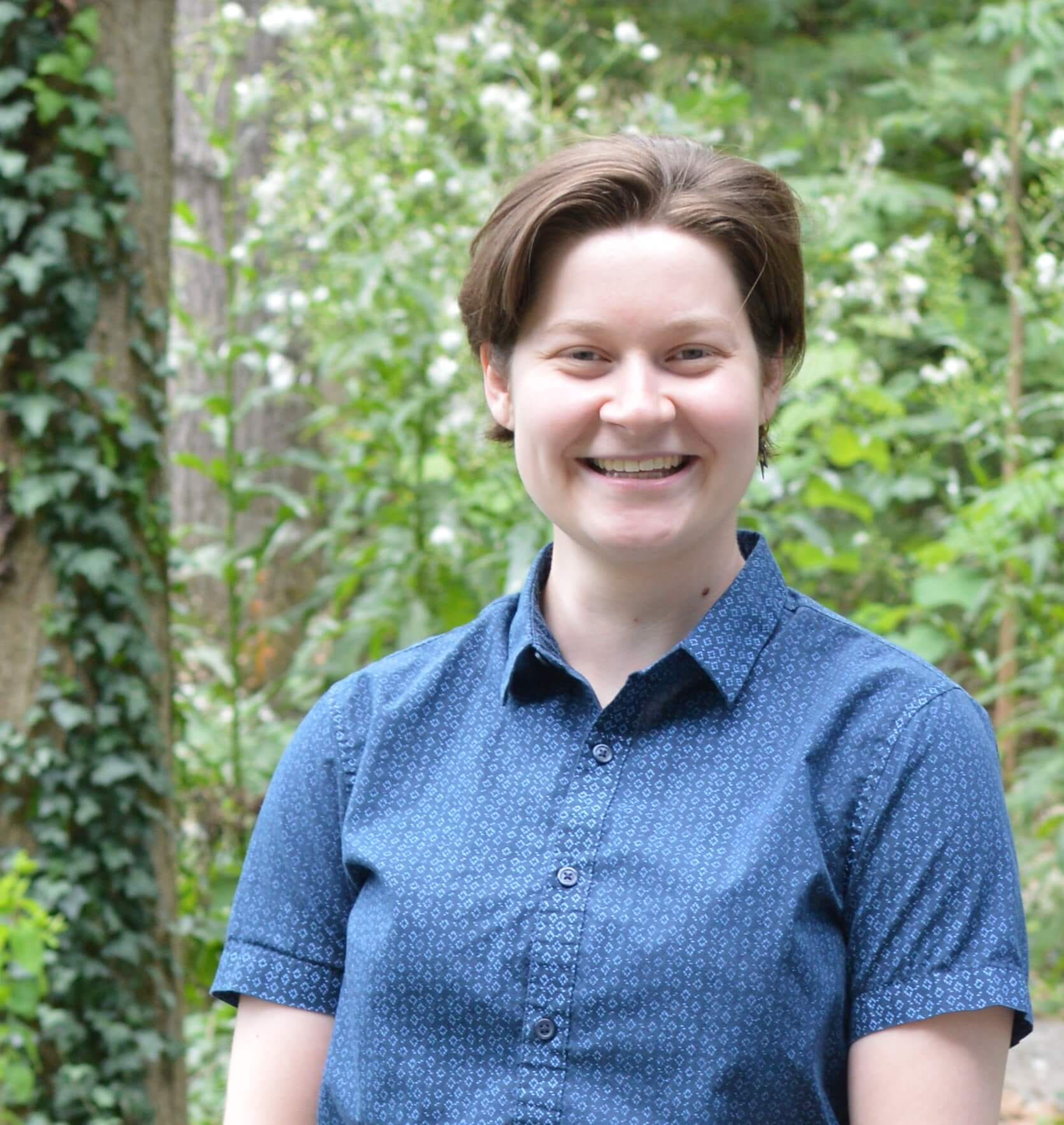
Katie Davis, M.S., Fifth Year
kad6082@psu.edu
She/Her/Hers
I earned my B.S. in Psychology at the University of Massachusetts, Amherst in 2017 and then transitioned into a clinical research assistant position at McLean Hospital in Belmont, MA. I began my graduate studies at Penn State in 2019. Currently, I am interested in process and outcome research in psychotherapy with a specific focus on common factors such as therapeutic alliance across populations. My master’s thesis examined how suicidality impacts the therapeutic relationship for college students of marginalized status. I’m also currently investigating at-risk and underserved clinical populations in the context of dyadic relationships. My research perspective is transtheoretical and therapeutically egalitarian! When I’m not conducting research, you can find me bicycling, listening to audiobook memoirs, or achieving a fragile combination of the two.
Current study spotlight: In addition to the above, I have investigated how different modalities of therapy (i.e. in-person or teletherapy) compare for clients who are marginalized on the basis of gender, race and ethnicity, sexual orientation, and other variables.
Natalie Pottschmidt, M.S., Fifth Year
nrp5229@psu.edu
She/Her/Hers
I graduated from the University of Notre Dame in 2017 with a B.S. in Neuroscience and then worked as a project coordinator at the University of Iowa studying the genetics of autism. Since arriving at Penn State in 2019, I have become increasingly interested in research that embraces the complexity of personalizing the assessment and practice of psychotherapy to each client through multiple methods, multidimensional measurement, and multiple stakeholder perspectives. My master’s thesis project investigated the effects of sleep difficulties, using the reports of both client and clinician, on college counseling center client outcomes. Current research projects explore what we can learn about individual clients’ change through multiple dimensions and methods of assessment. Outside of academia, I love being in the woods, spending time with my corgi (Pockets) and cats (Blu and Sophie), playing all kinds of games, and making crafts!
Current study spotlight: I’m currently working on a study about clinical symptom deterioration, including a comparison of multiple definitions for “deterioration” and working to understand whether there are patterns to how symptoms deteriorate (or don’t), and for whom those patterns are most common.
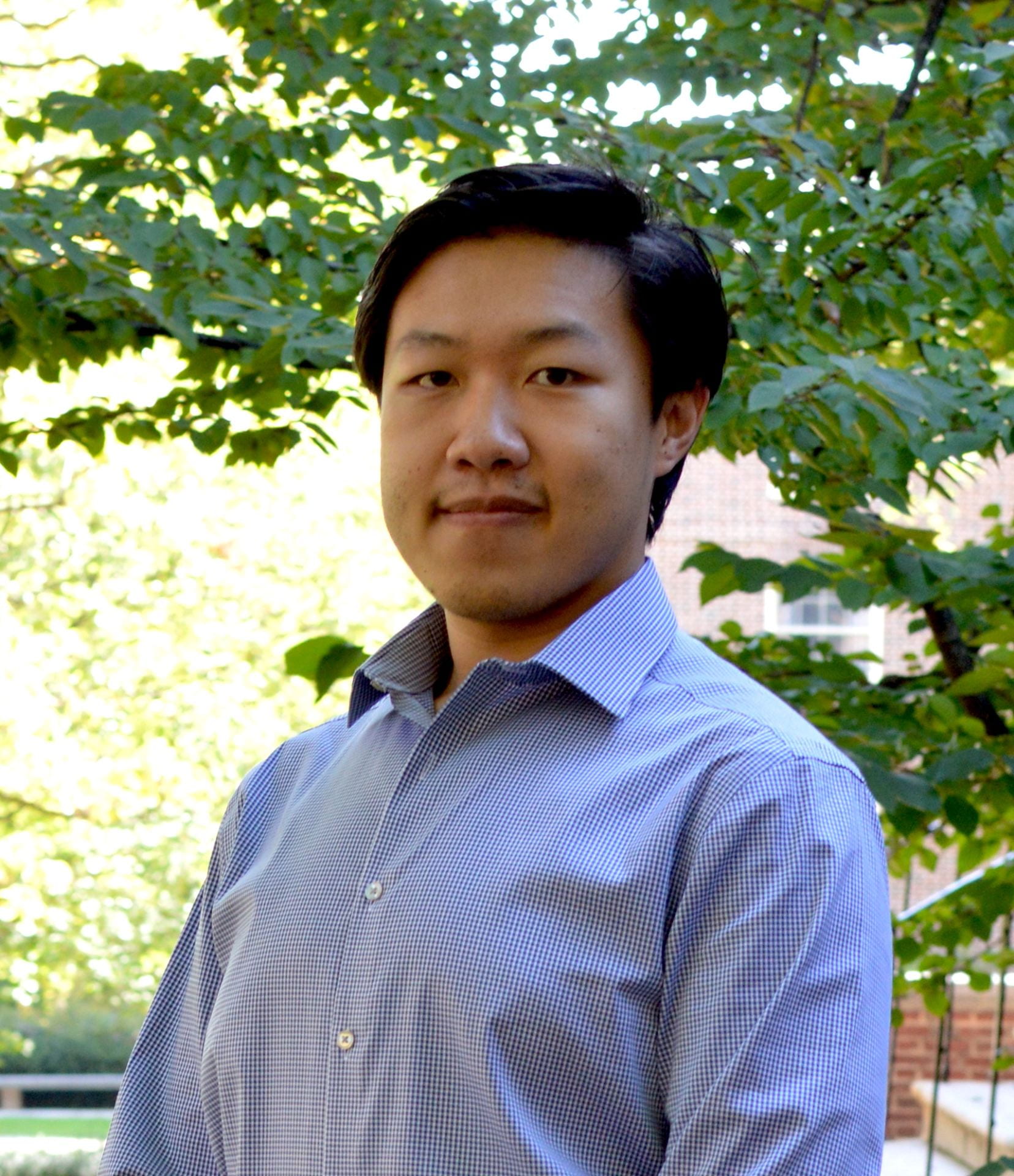
Hongjun (Michael) Tan, M.S., Third Year
hjt5173@psu.edu
He/Him/His
I graduated with my B.S. in Psychology from Furman University in 2017 and my M.S. in Clinical Mental Health Counseling from Johns Hopkins University in 2020. After graduation, I worked as a clinical research coordinator at the Behavioral Pharmacology Research Unit of Johns Hopkins School of Medicine and a teaching assistant and research assistant at Johns Hopkins School of Education. Broadly speaking, I am interested in studying psychotherapy process and outcome, therapist effects in psychotherapy, and the integration of clinical science and practice. In my spare time, I enjoy outdoors and exercising, quality times with friends, video games, and sitcoms. I also love music, and I can play several musical instruments. Open to fill in (almost) any role in a band!
Current study spotlight: I am currently excited about my upcoming project exploring the relationship between therapeutic interventions from various theoretical orientations and therapeutic alliance quality, rupture, and repair. Additionally, I am planning to examine whether specific client interpersonal characteristics could moderate the relationship between these variables.
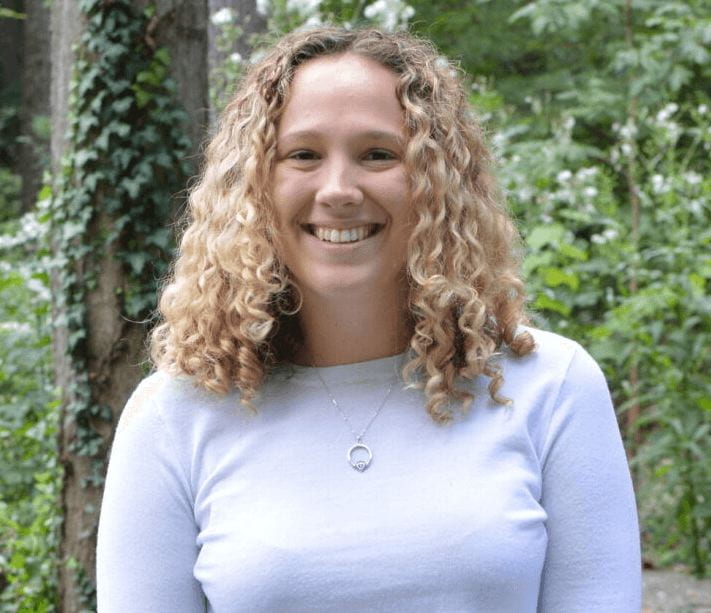
Emily Beattie, B.A., First Year
ehb5143@psu.edu
She/Her/Hers
I graduated from Emory University in the Spring of 2021 with a B.A. in Psychology with a minor in quantitative methods. For two years, I worked as a research assistant at the Trauma Research Consortium at Baylor Scott & White Health in Waco, TX. Broadly speaking, I am interested in examining which treatment factors predict better treatment outcome, with the goal of optimizing treatment for a diverse set of populations. Outside of academia, I enjoy playing with my adorable Cavalier King Charles Spaniel (Wilson), going for runs around State College, cheering for the New England Patriots, and baking overly complicated recipes.
Current study spotlight: I am currently interested in examining the relationship between treatment attendance and outcome, and how this potential relationship is affected by financial stress.
Serena Chen, B.A., First Year
szc6168@psu.edu
She/Her/Hers
I received my B.A. in Psychology with a double major in Philosophy at Adelphi University, where I was Lab Manager of Dr. Jacques Barber’s Psychotherapy Research Lab. After graduation, I received additional training at Penn State under Drs. Nur Hani Zainal and Michelle Newman. Most recently, I worked as a full-time research assistant at the Weill Cornell Medicine Institute for Geriatric Psychiatry working on neuroimaging clinical trials for mood disorders in older adults. I am interested in researching mechanisms of change in psychotherapy and leveraging this information to personalize interventions, particularly for individuals from underserved communities. I am an avid consumer of bubble tea and like to spend time with my pet rats, Celine and Mimosa!”
Current study spotlight: I’m examining the effects of discrimination on post-treatment suicidal ideation and distress in hopes of identifying which clients may need longer courses of psychotherapy to address residual symptoms.
Previous Graduate Students and Post Doctoral Fellows
Dever Carney, Ph.D. (2022) – Faculty at The Chicago School at Washington DC
Rebecca Janis, Ph.D. (2020) – Data Analyst, Center for Collegiate Mental Health
Henry Xiao, Ph.D. (2020) – Senior Staff Psychologist at Penn State CAPS
Soo Jeong Youn, Ph.D. (2017) – Director of Evaluation at the Community Psychiatry PRIDE research lab at Massachusetts General Hospital
Andrew MacAleavey, Ph.D. (2015) – Instructor of Psychology at Weill Cornell Medical College
Sam Nordberg, Ph.D. (2013) – Medical Director, Behavioral Health Informatics and Innovation at Atrius Health
James Boswell, Ph.D. (2011) – Assistant Professor at University of Albany-SUNY
Dana Nelson, Ph.D. (2008) – In private practice
Sanno Zack, Ph.D. (2007) – Adjunct Clinical Professor at Palo Alto University
Martin Grosse Holtforth, Ph.D., Post Doctoral Fellow (2003-2005) – Associate Professor at University of Bern, Switzerland
Mike Constantino, Ph.D. (2002) – Professor at UMass Amherst
